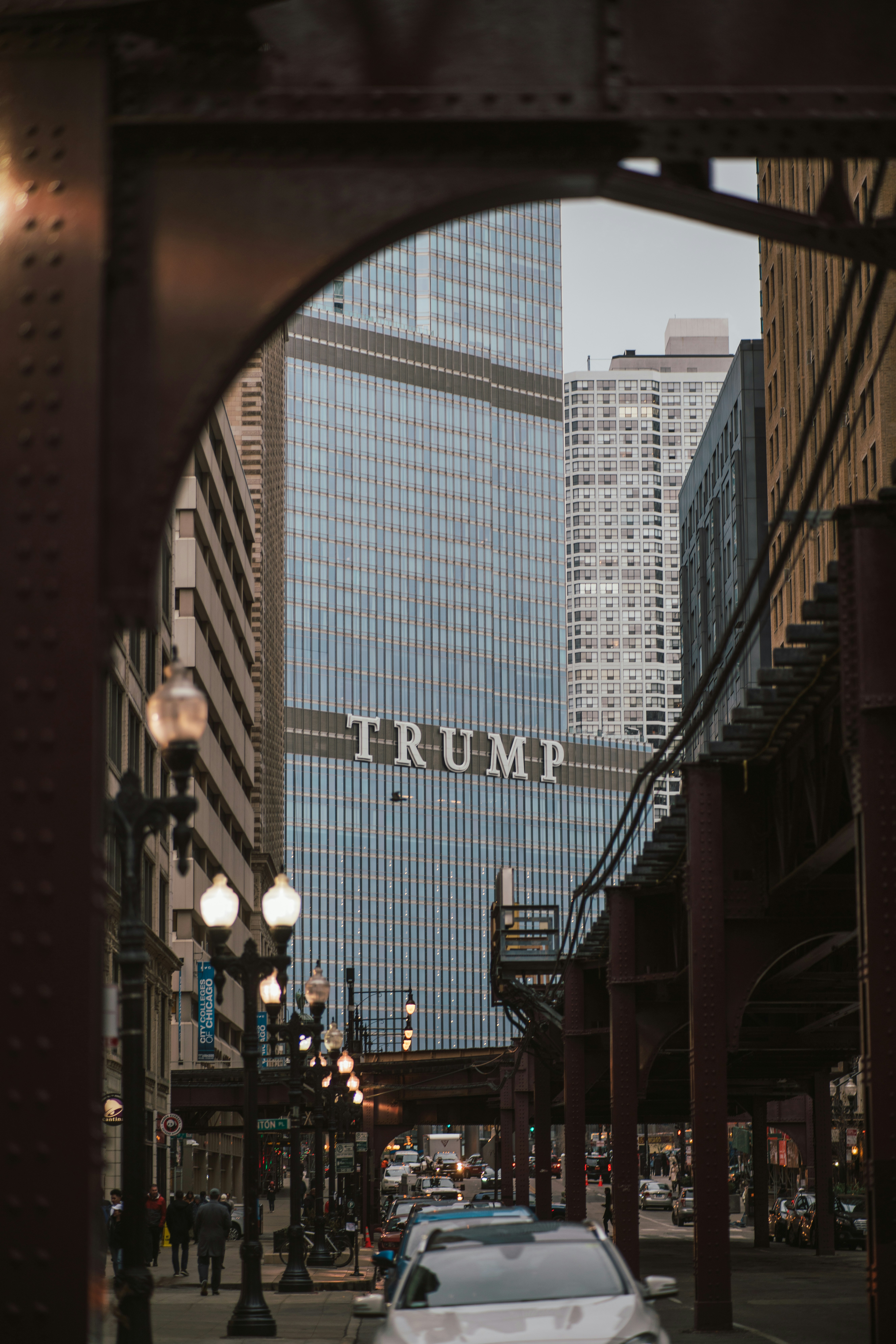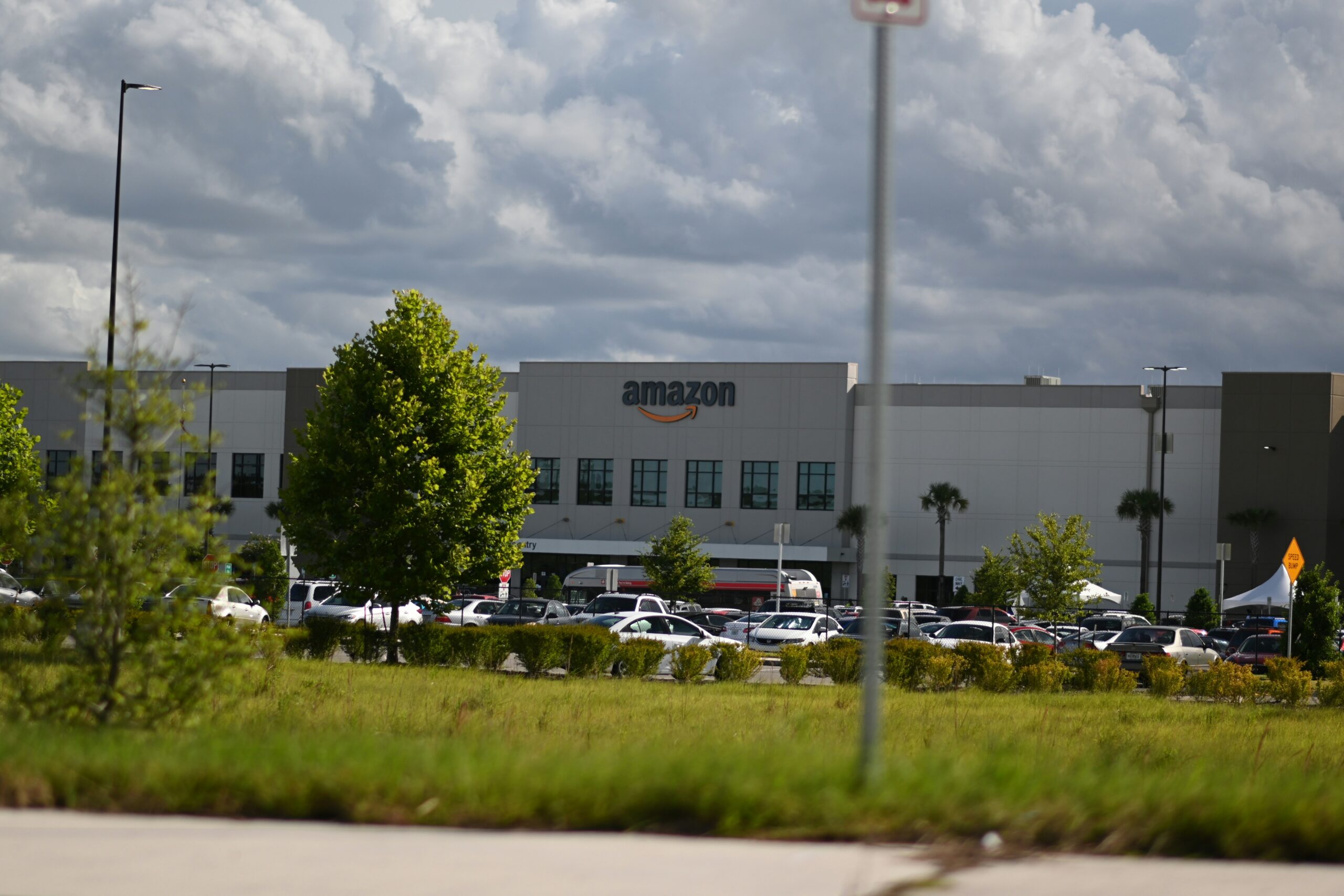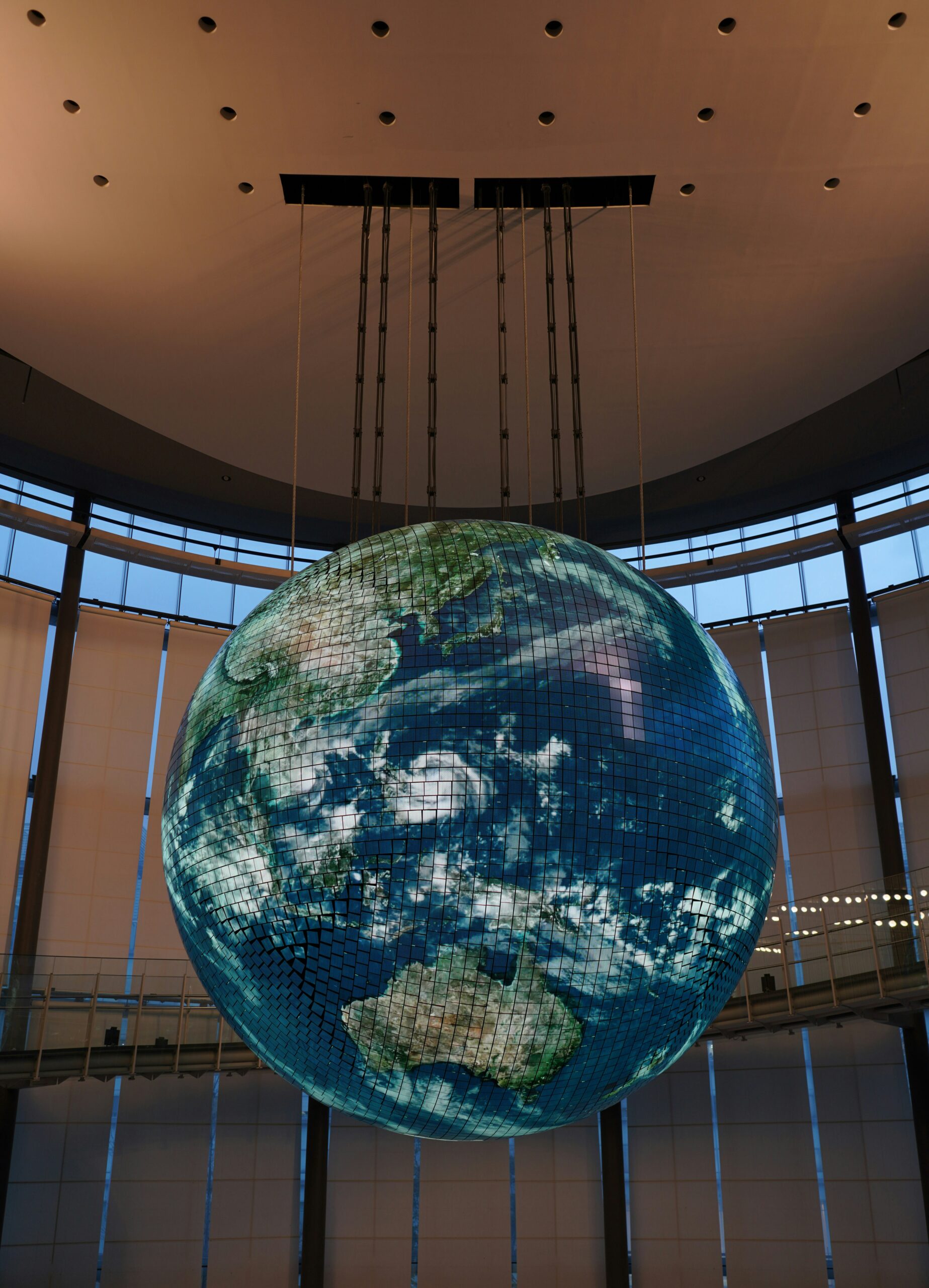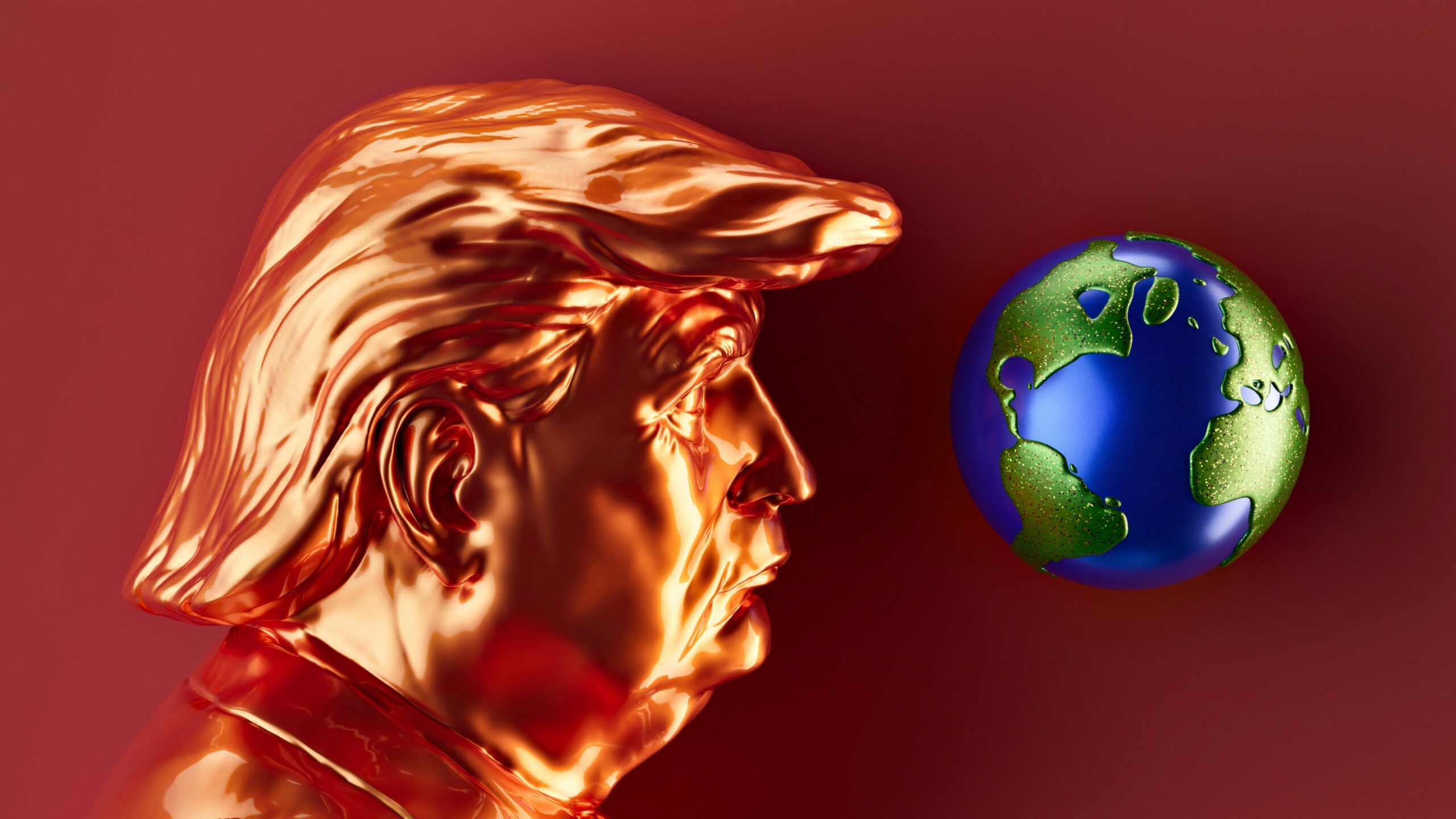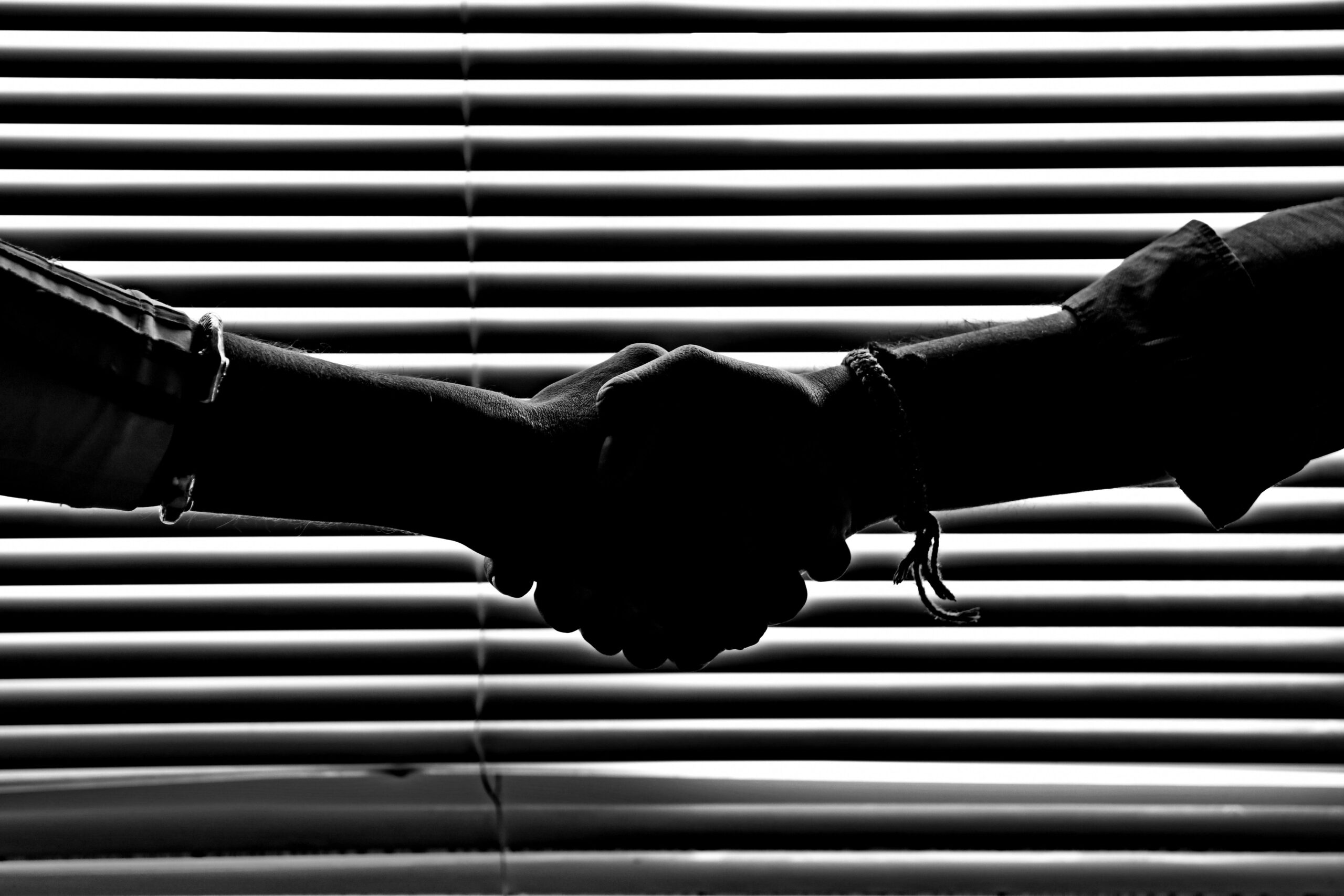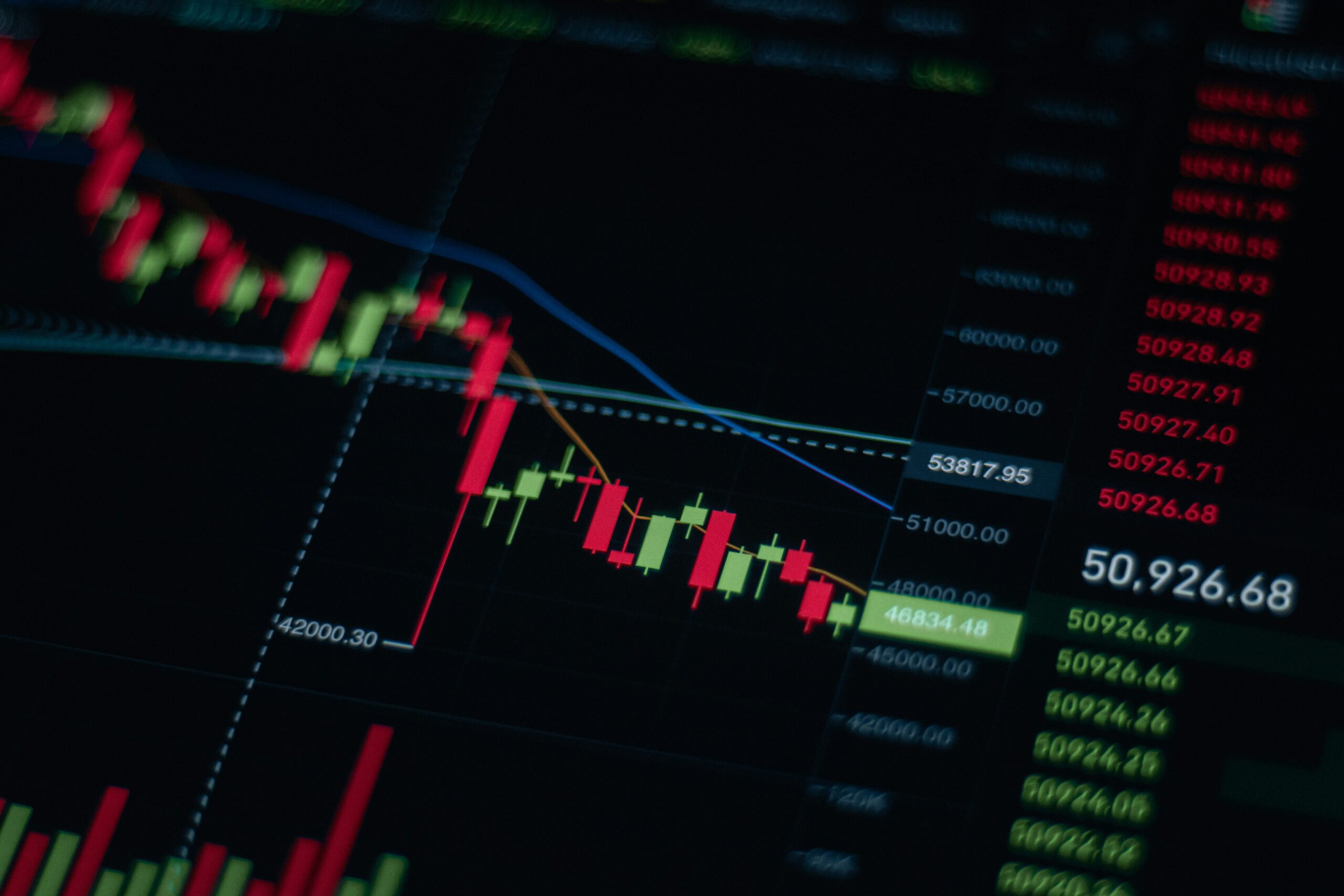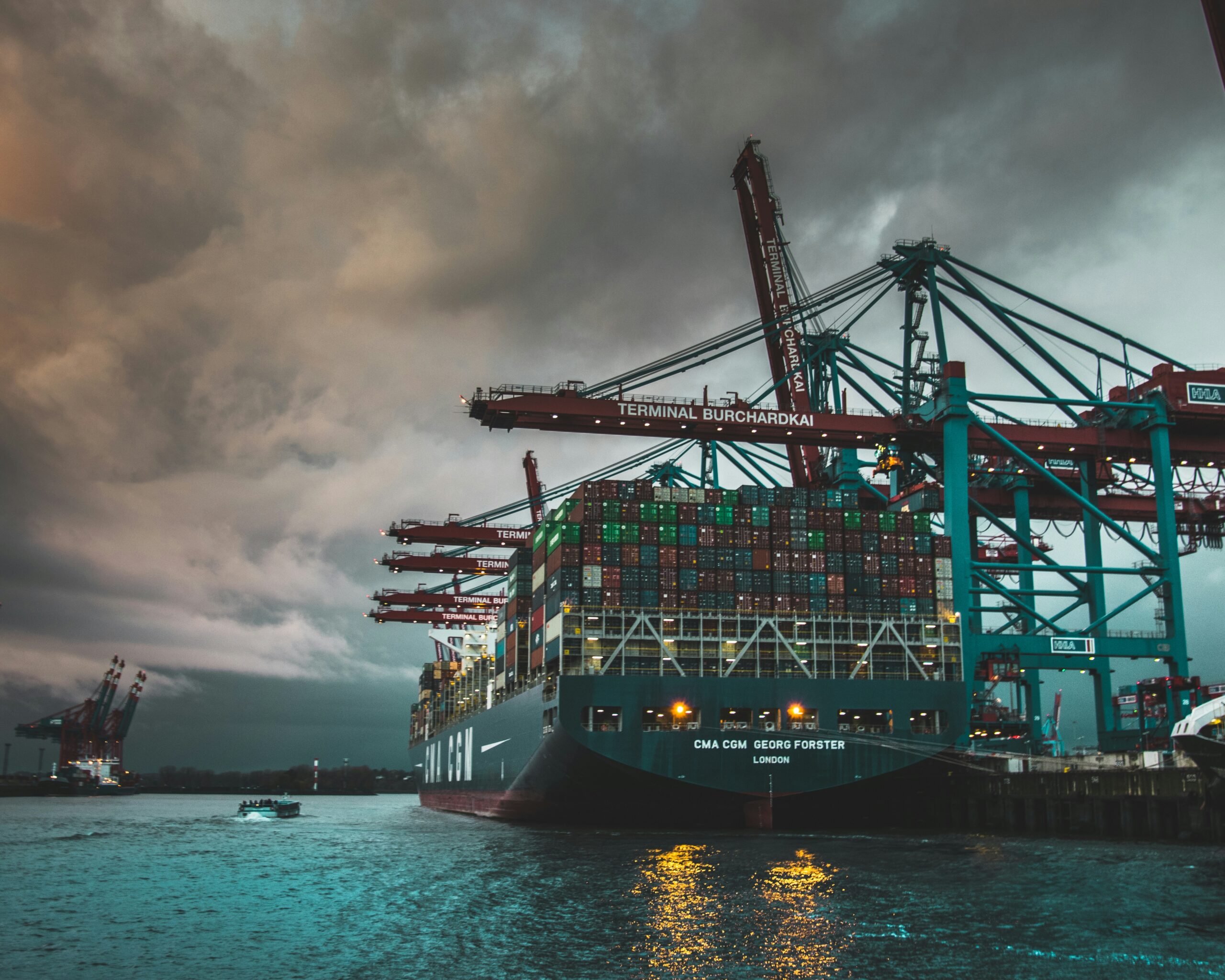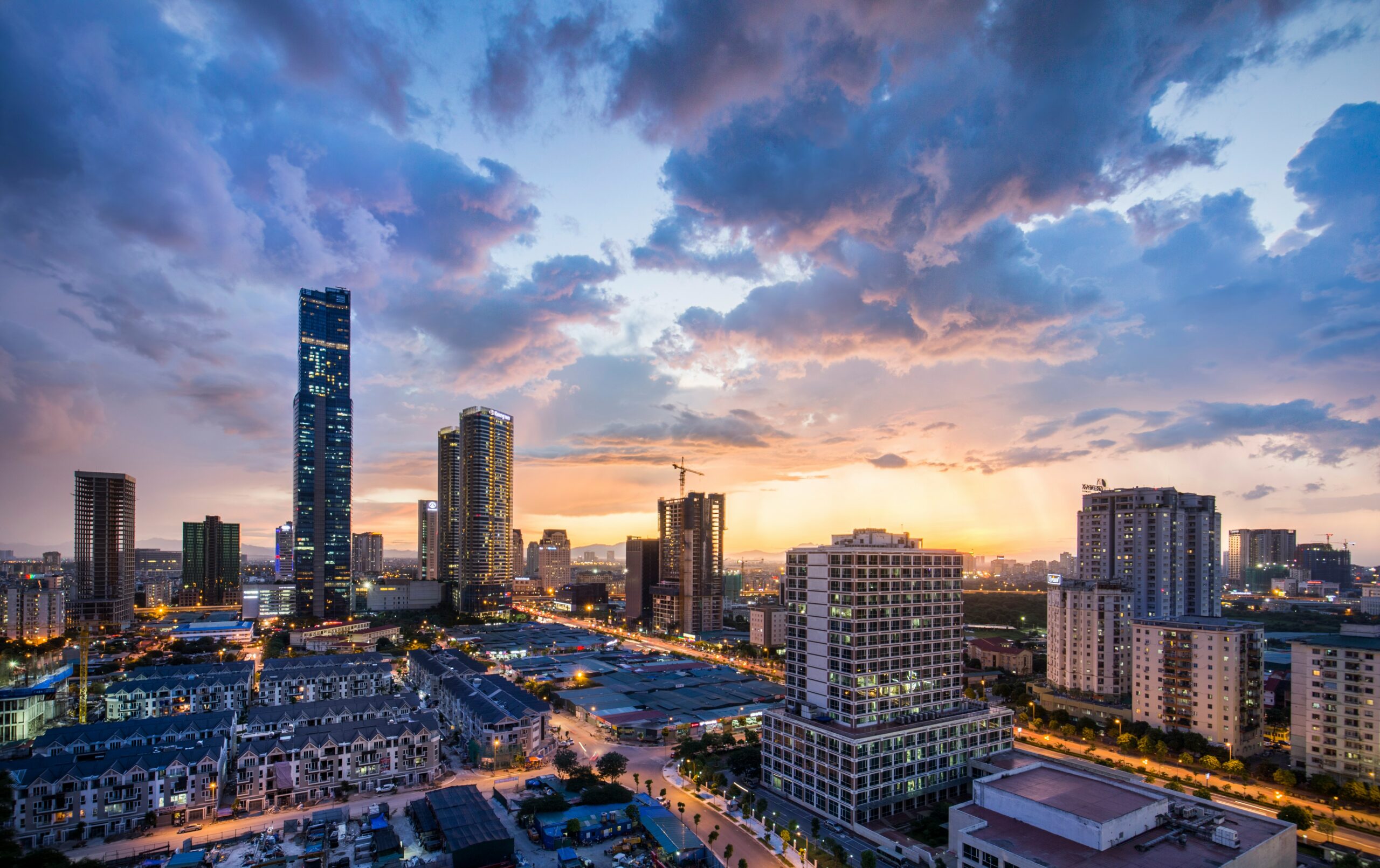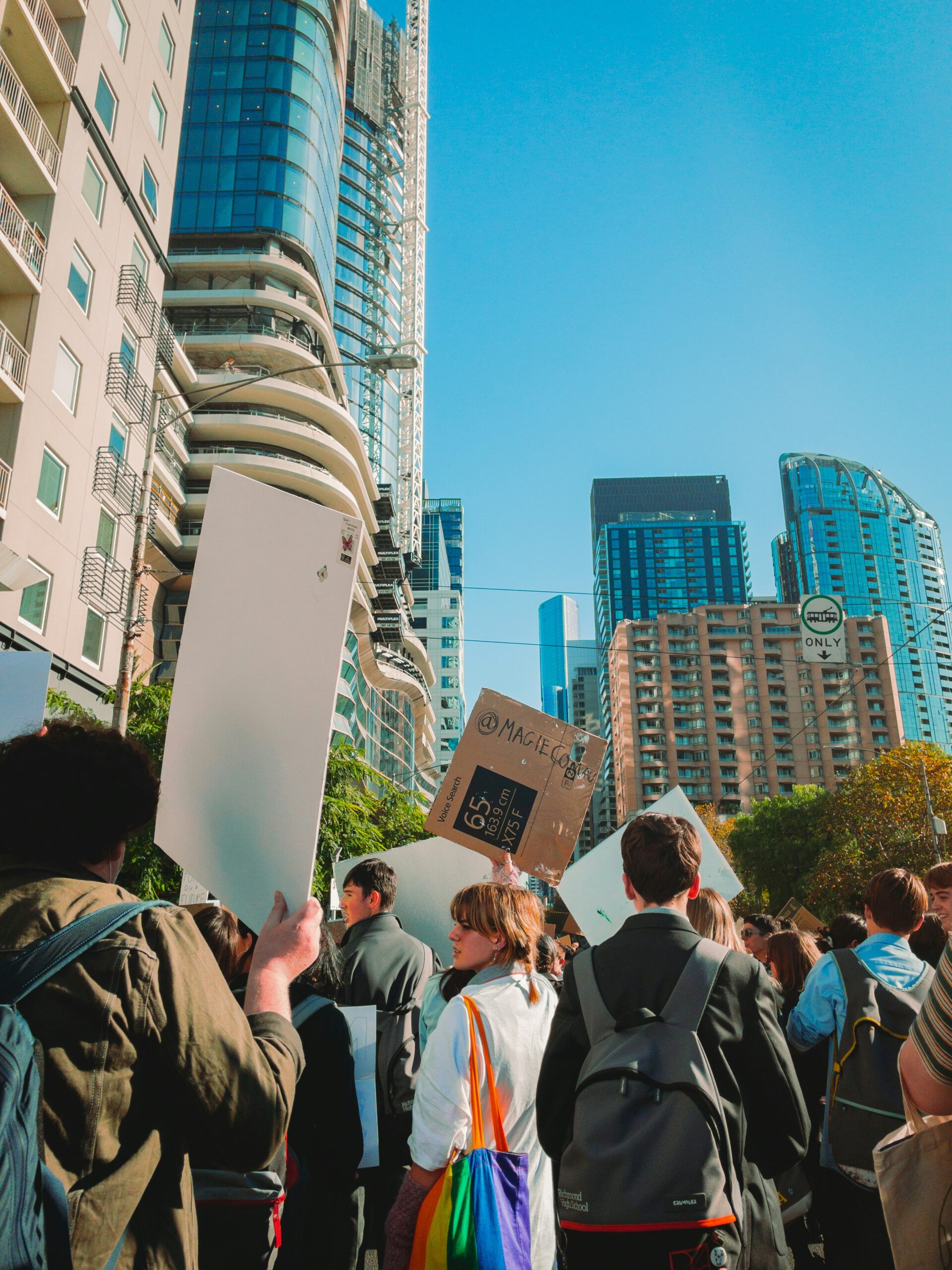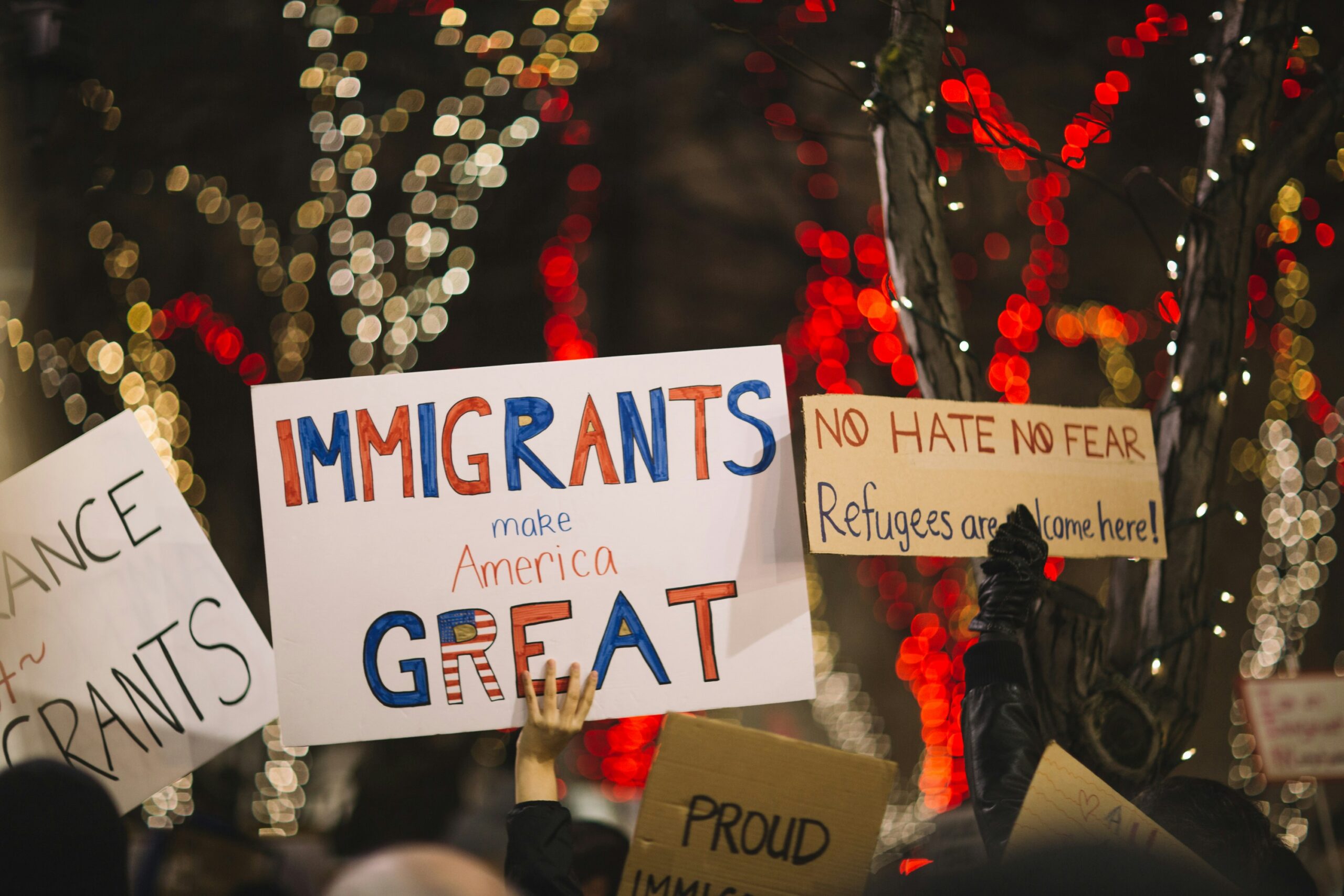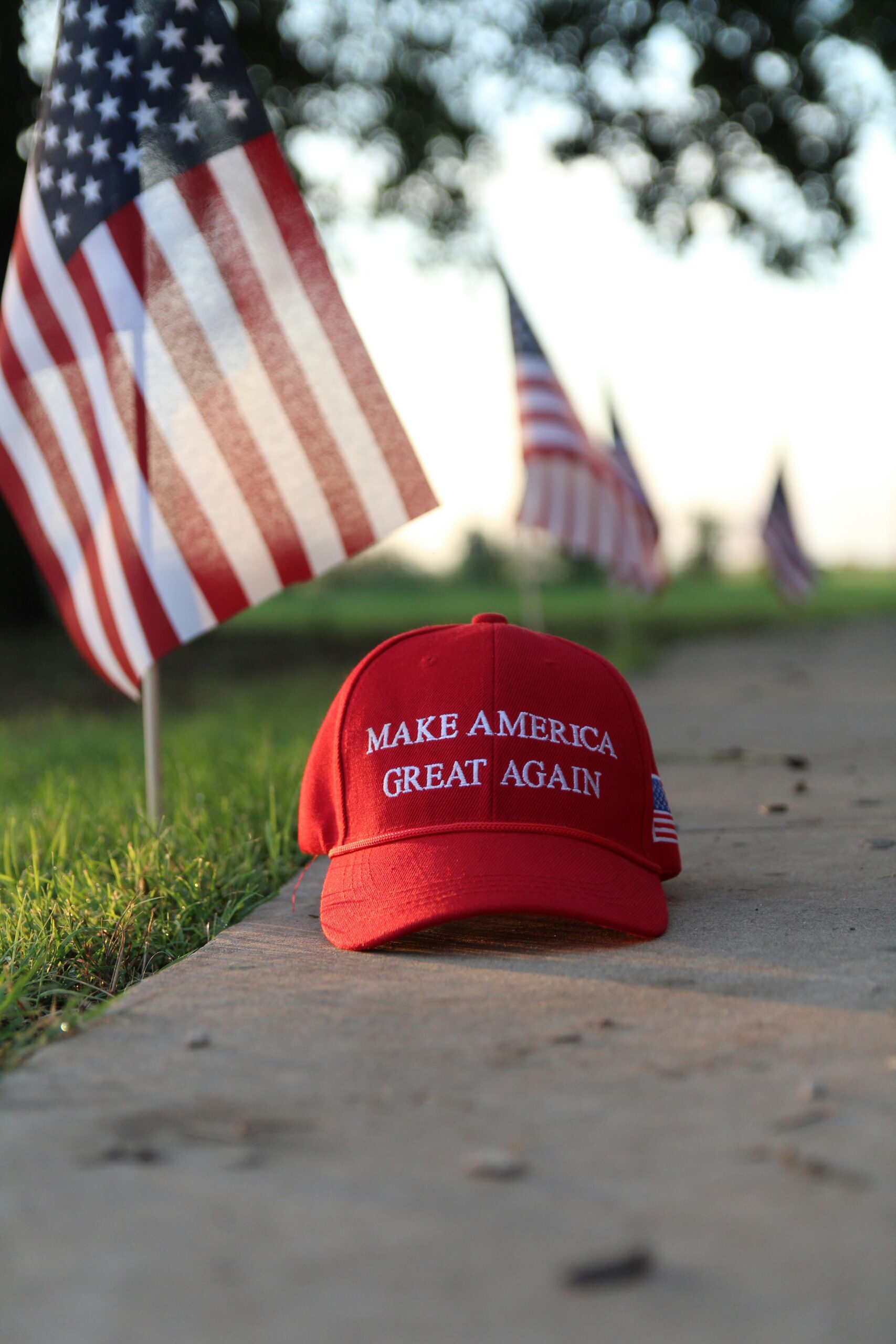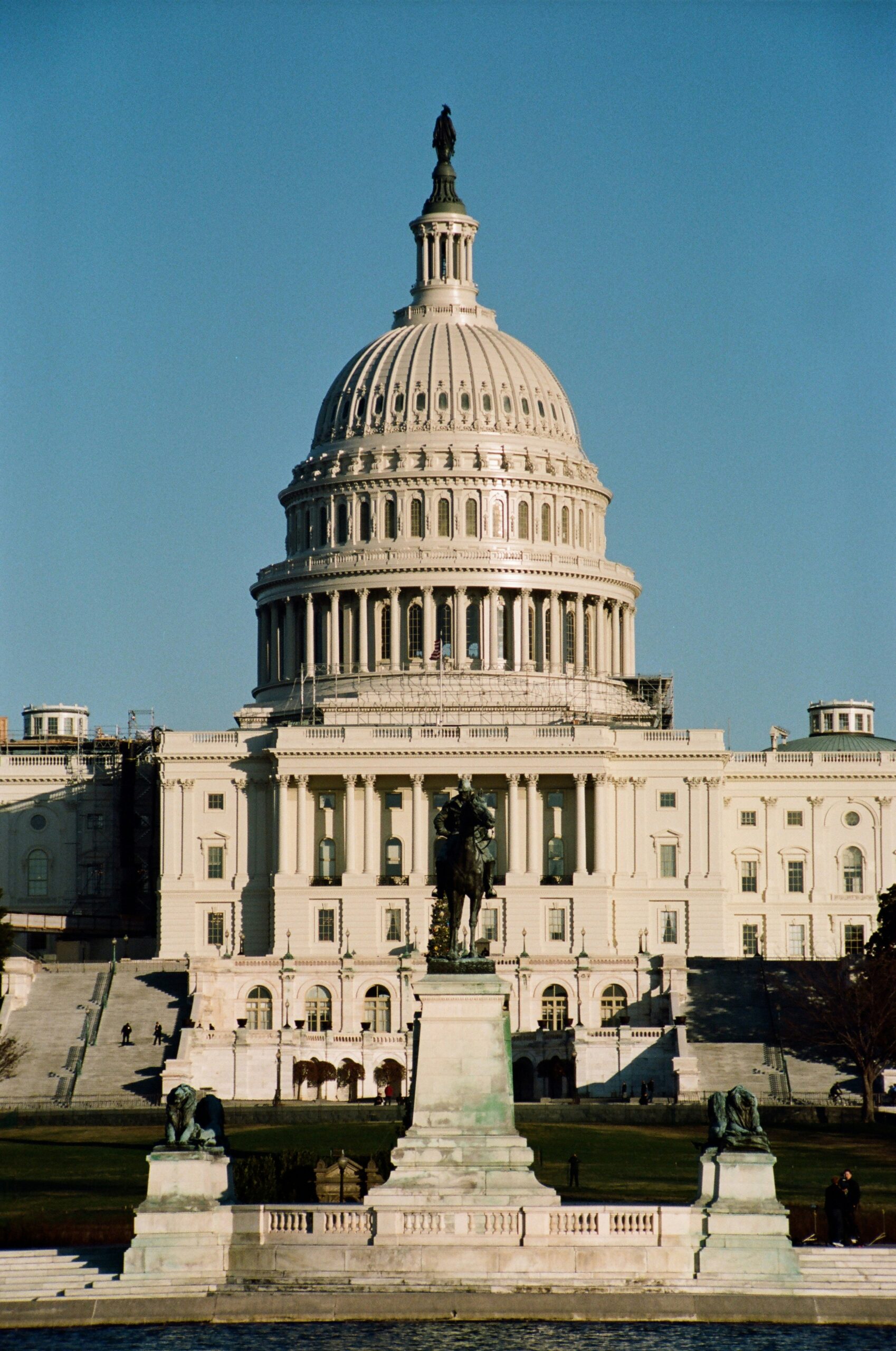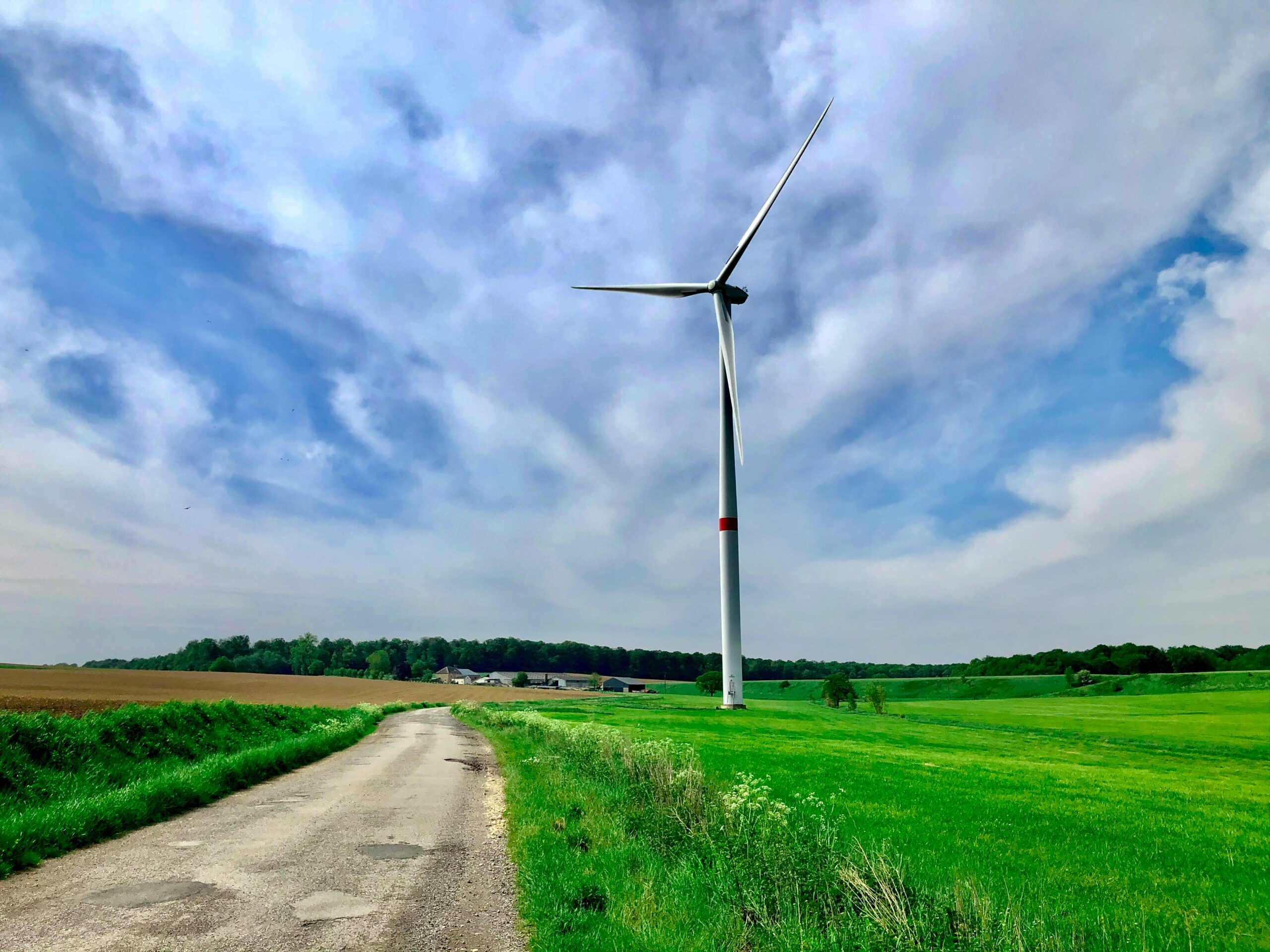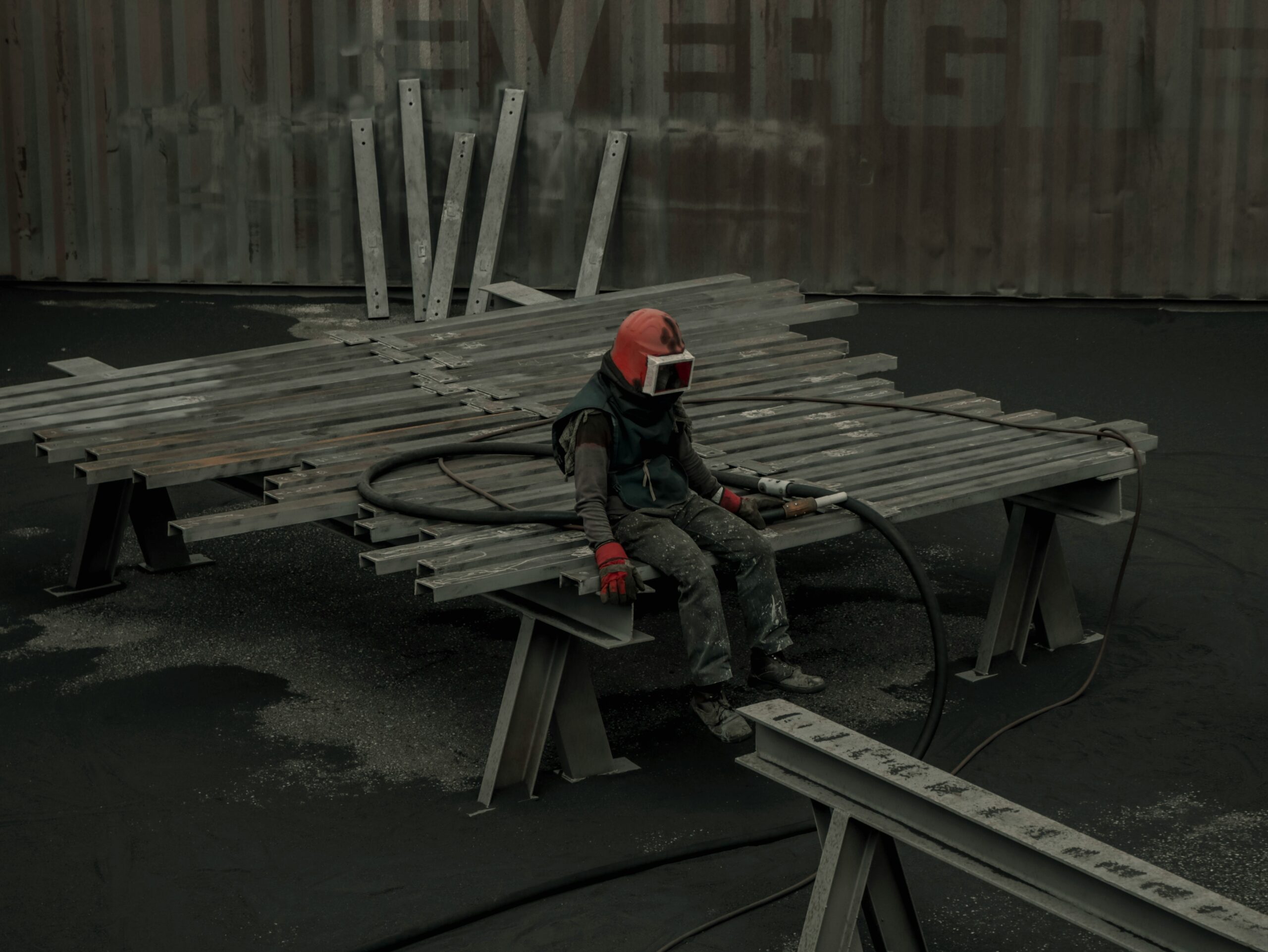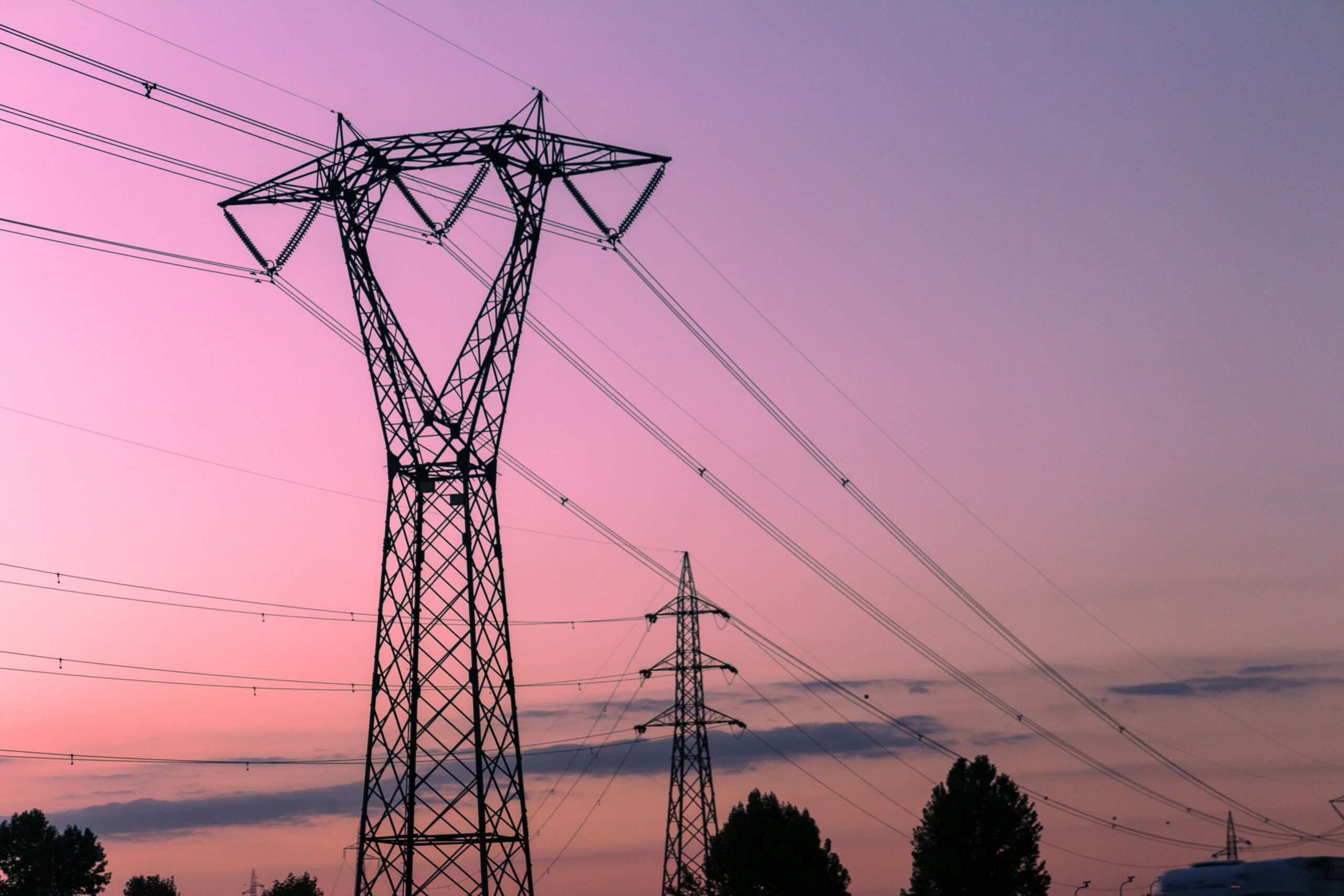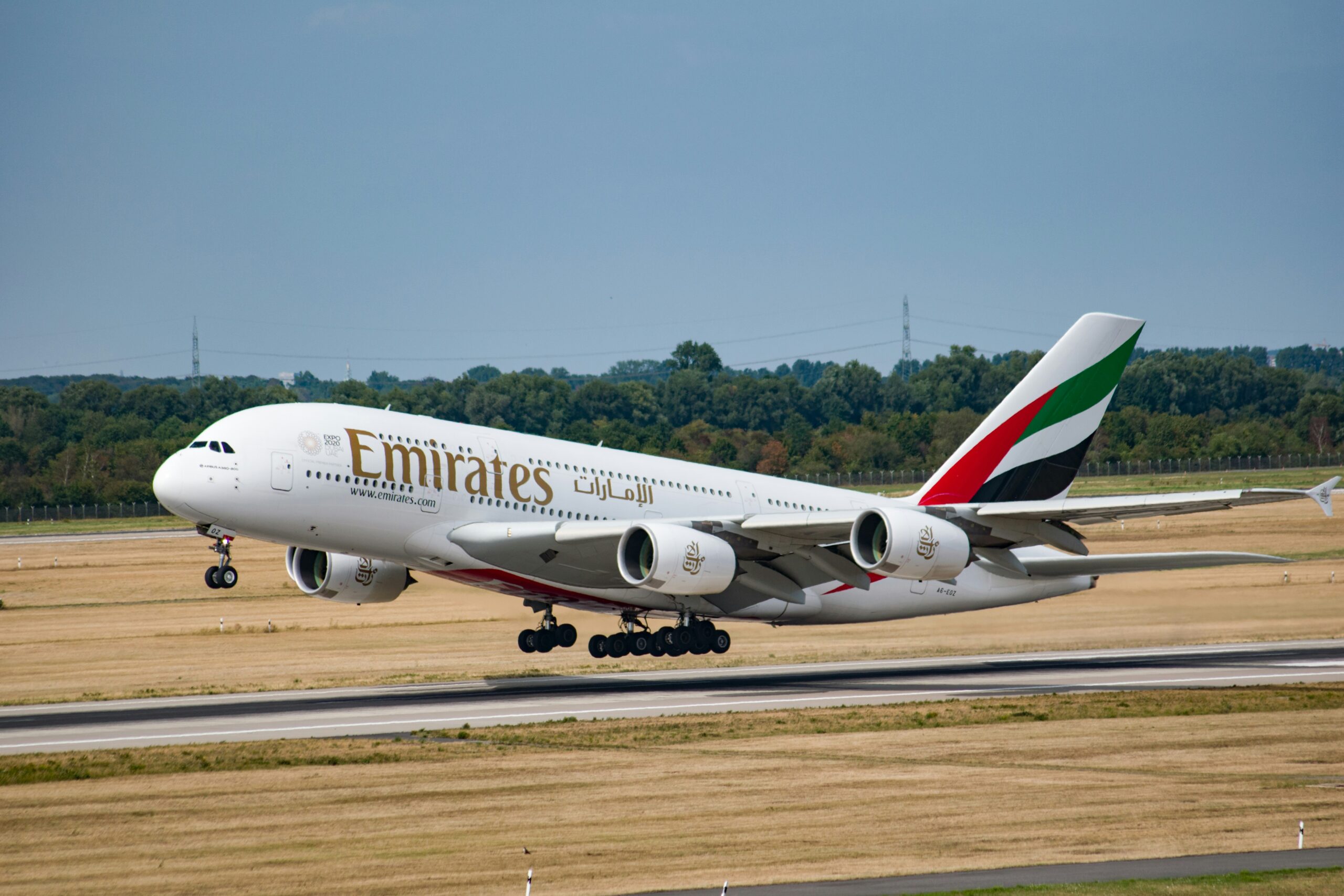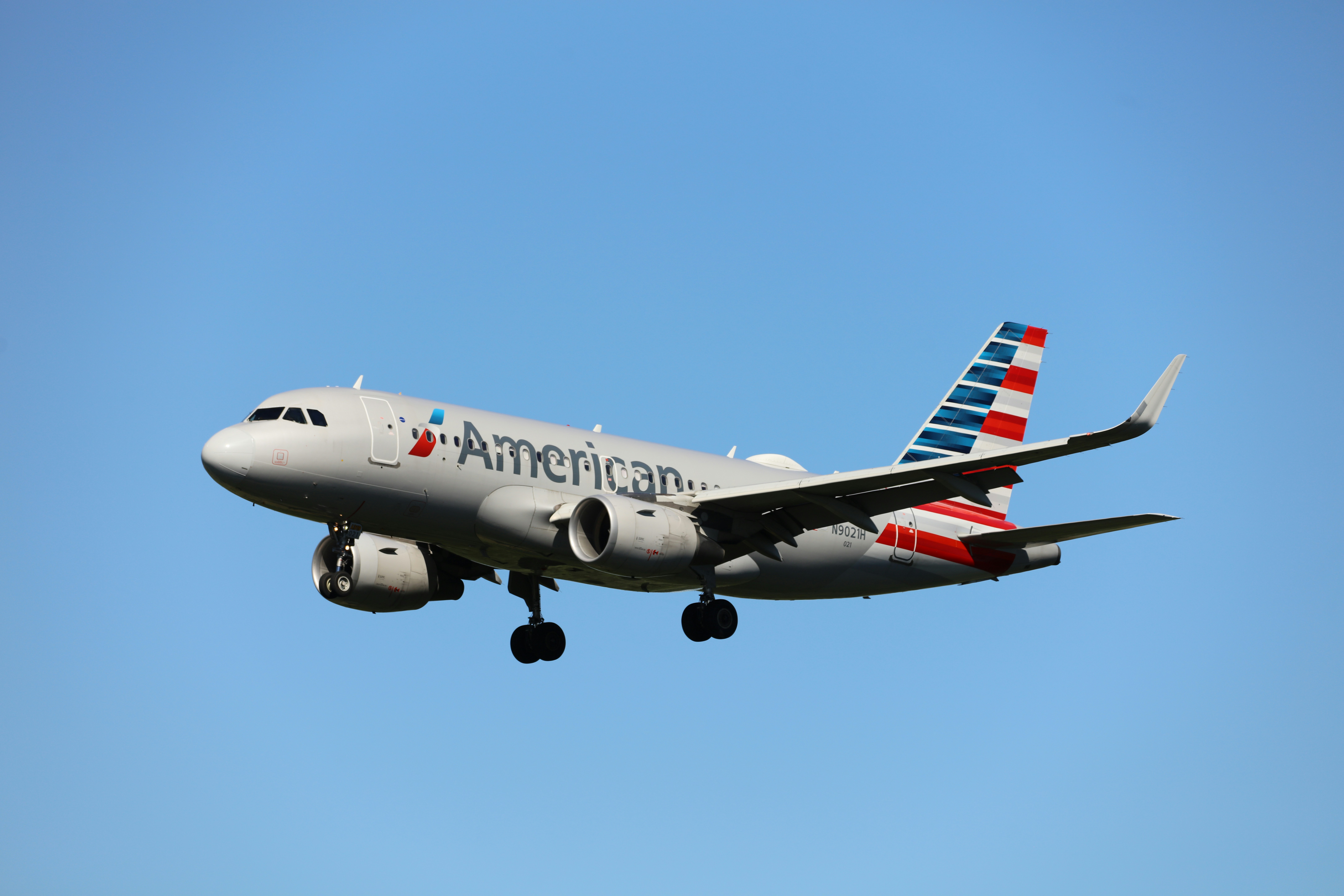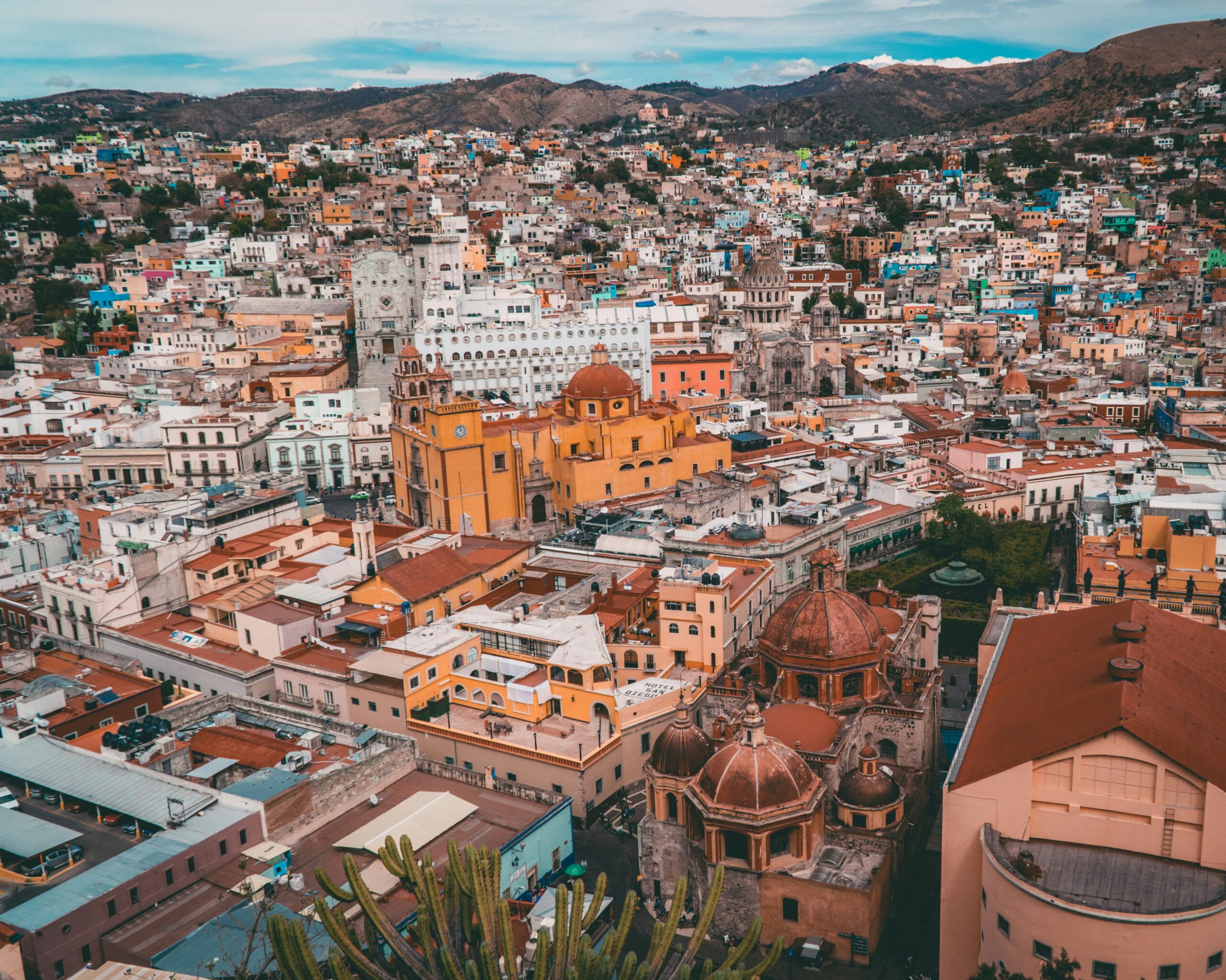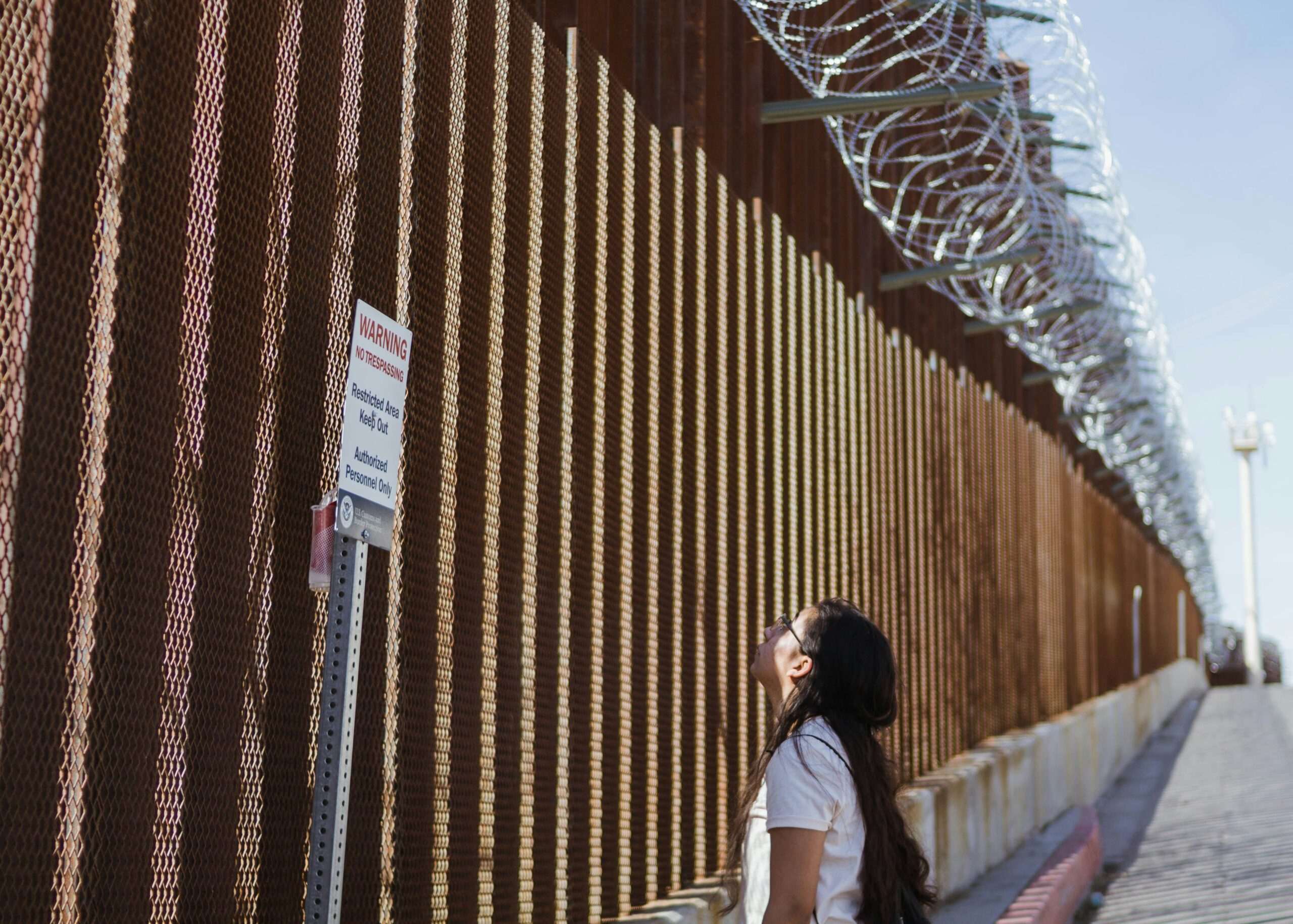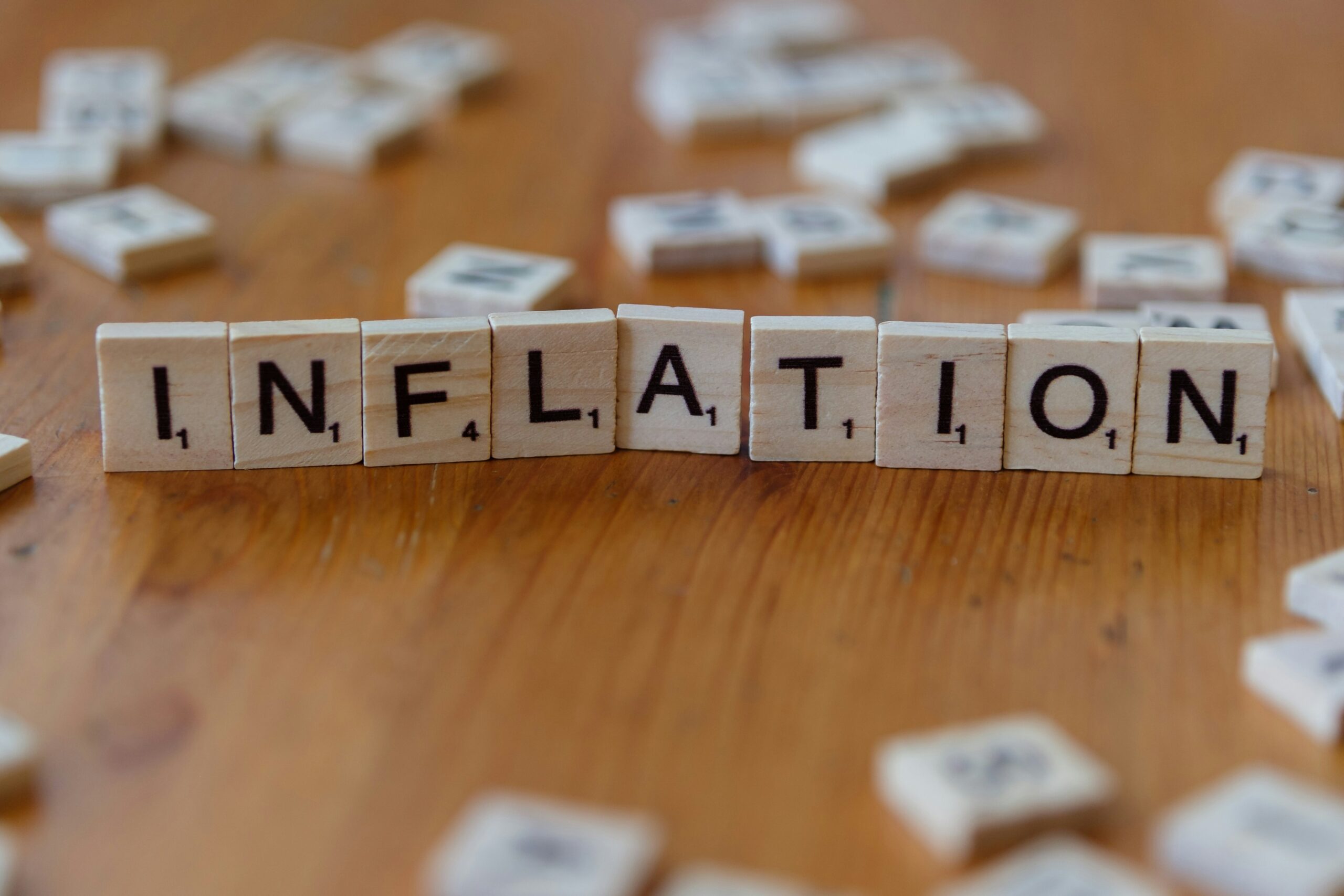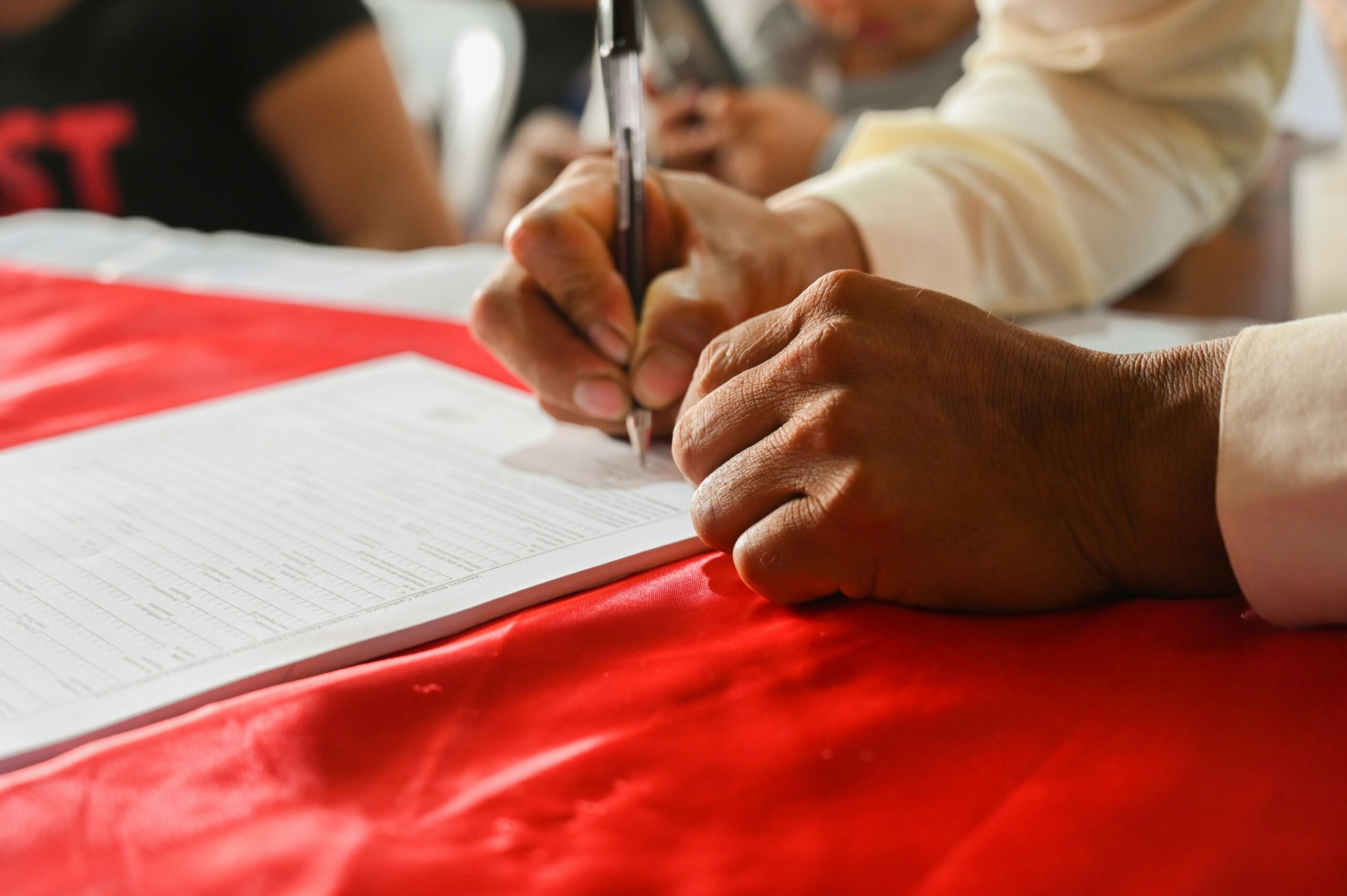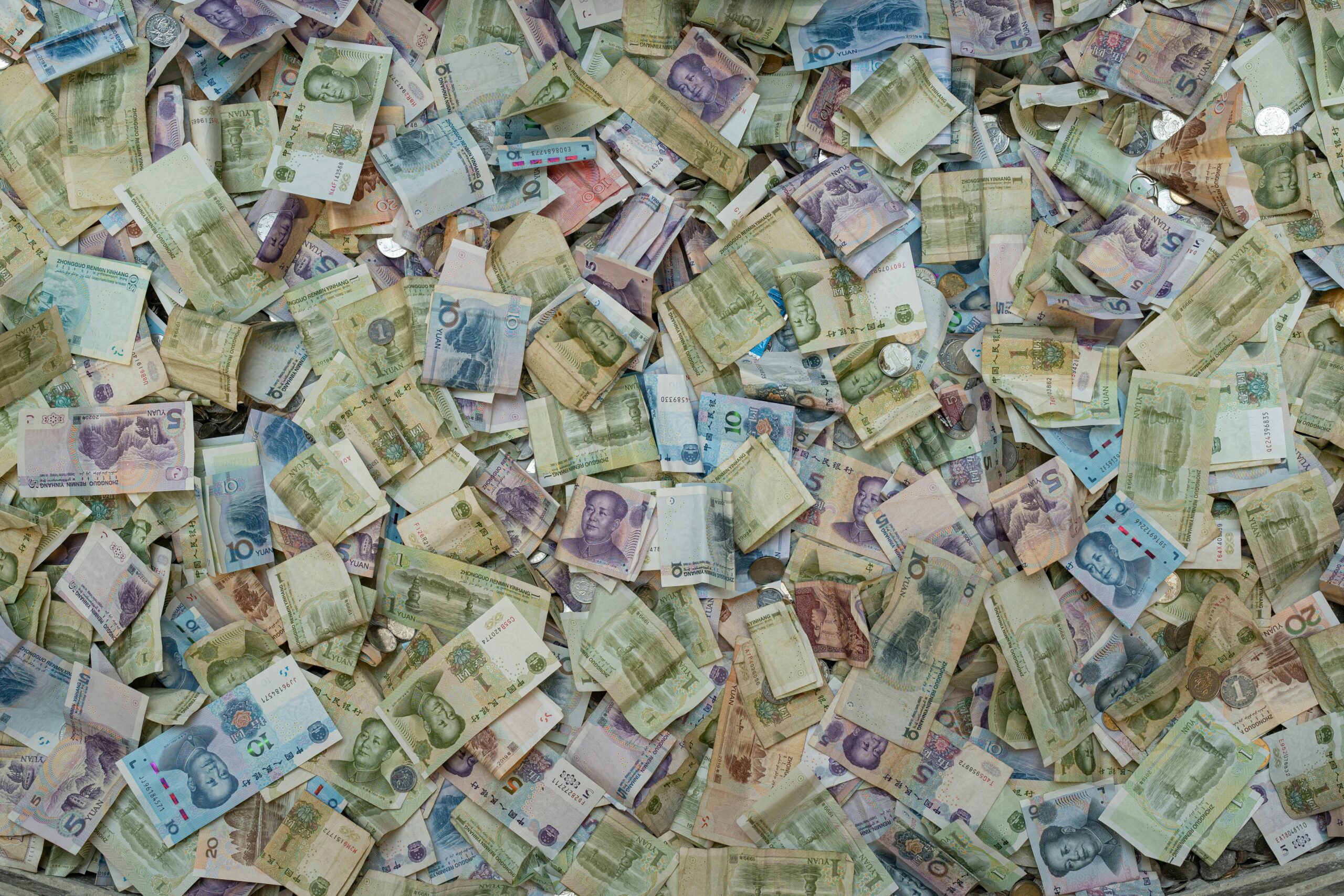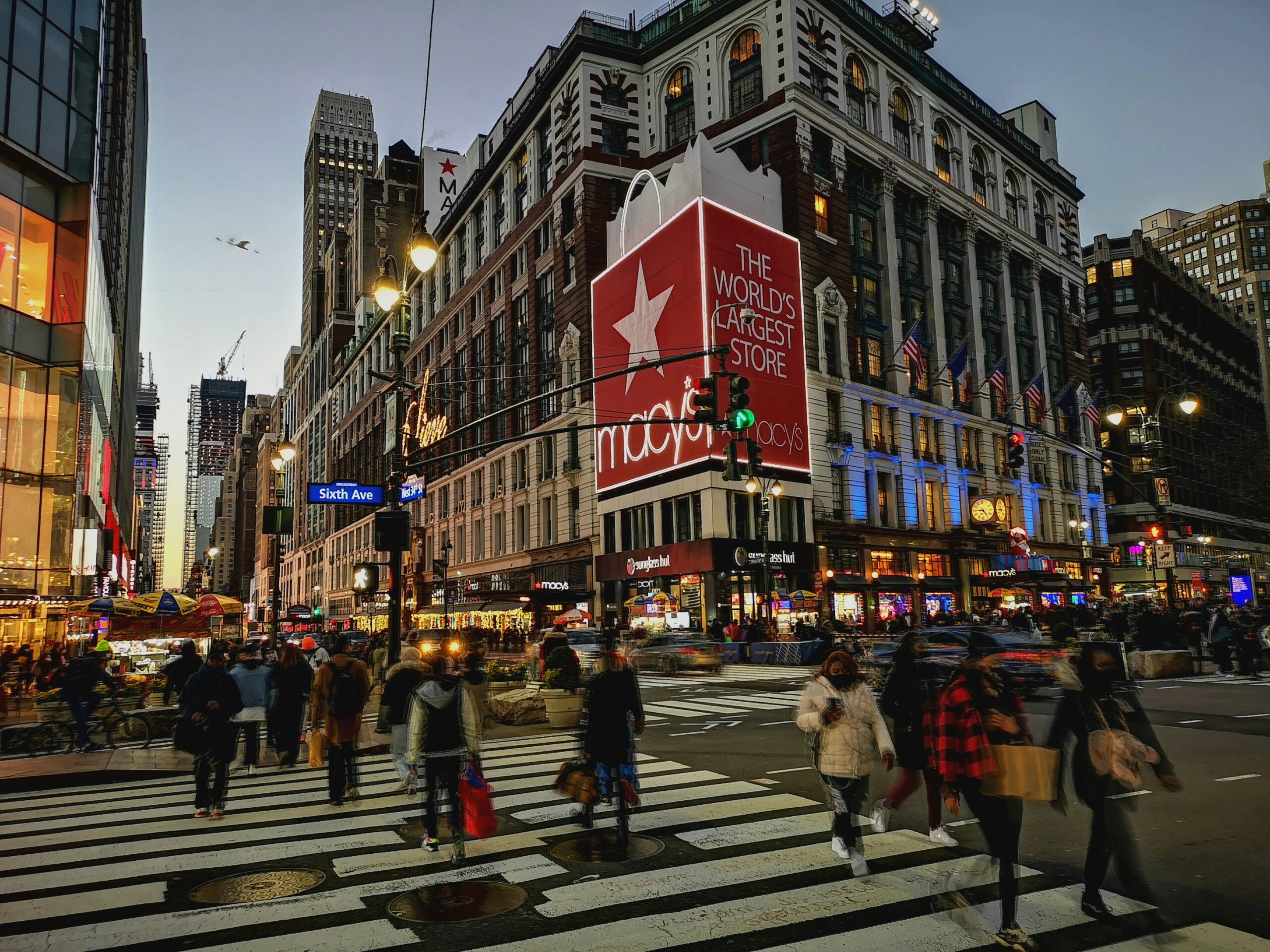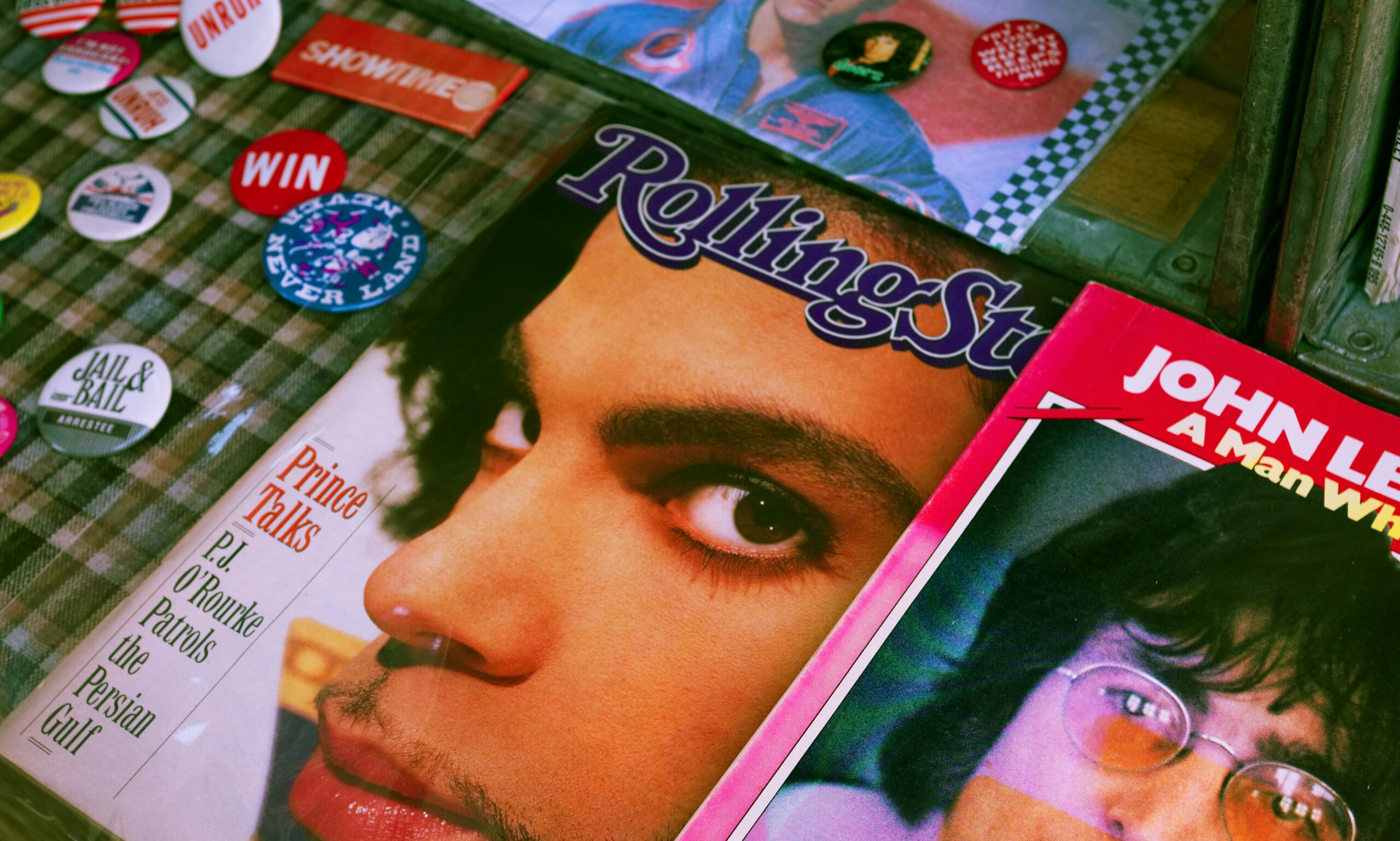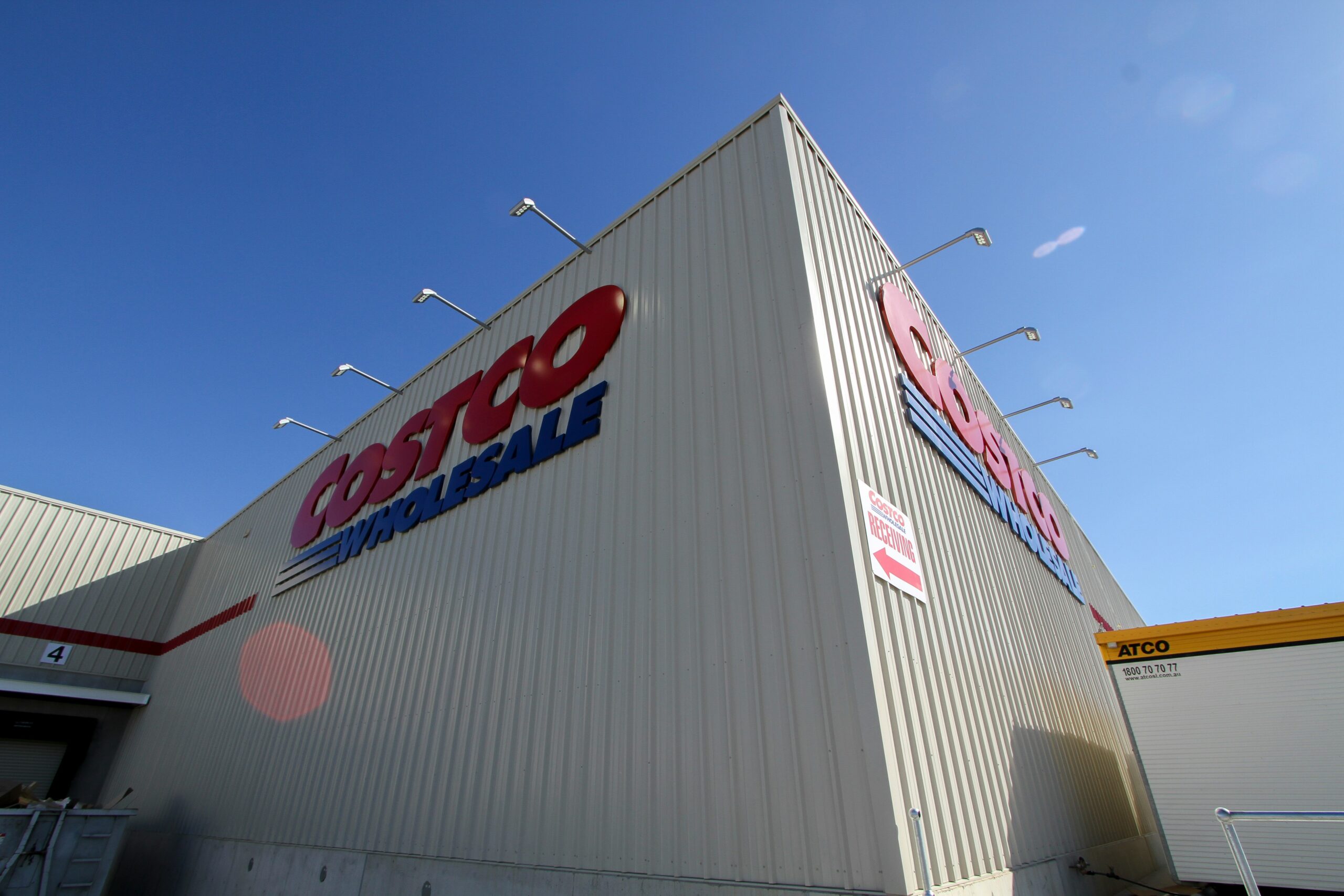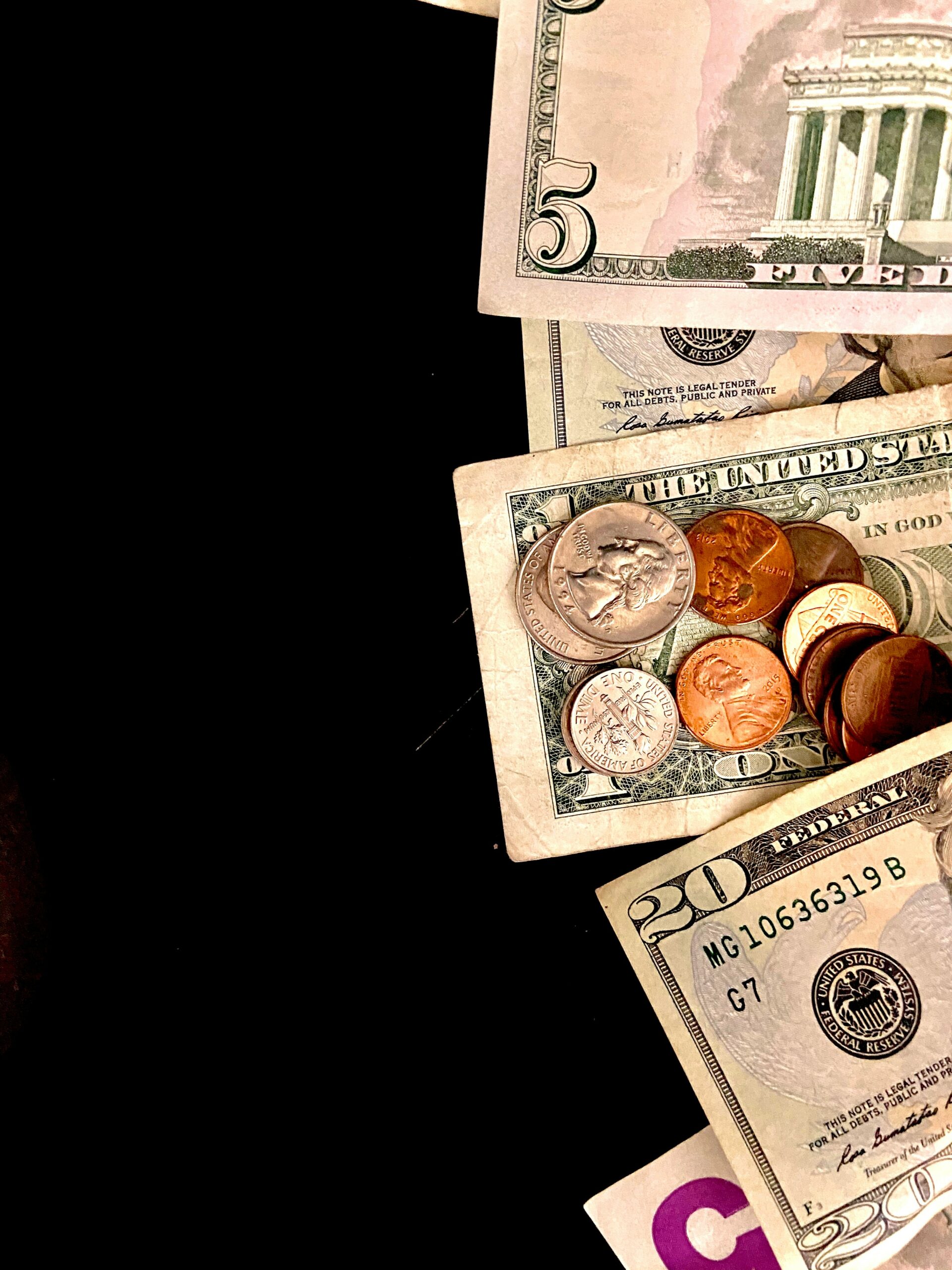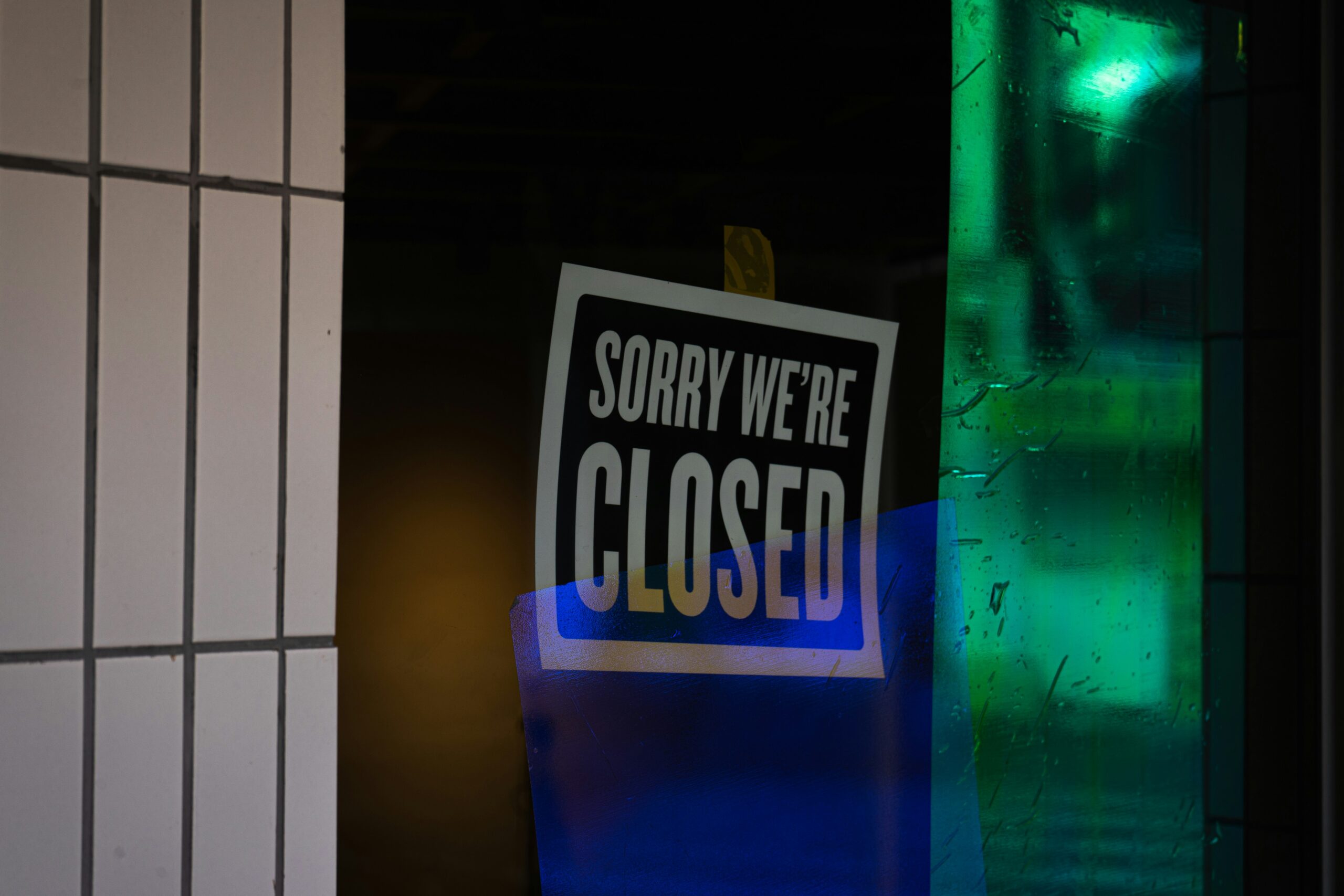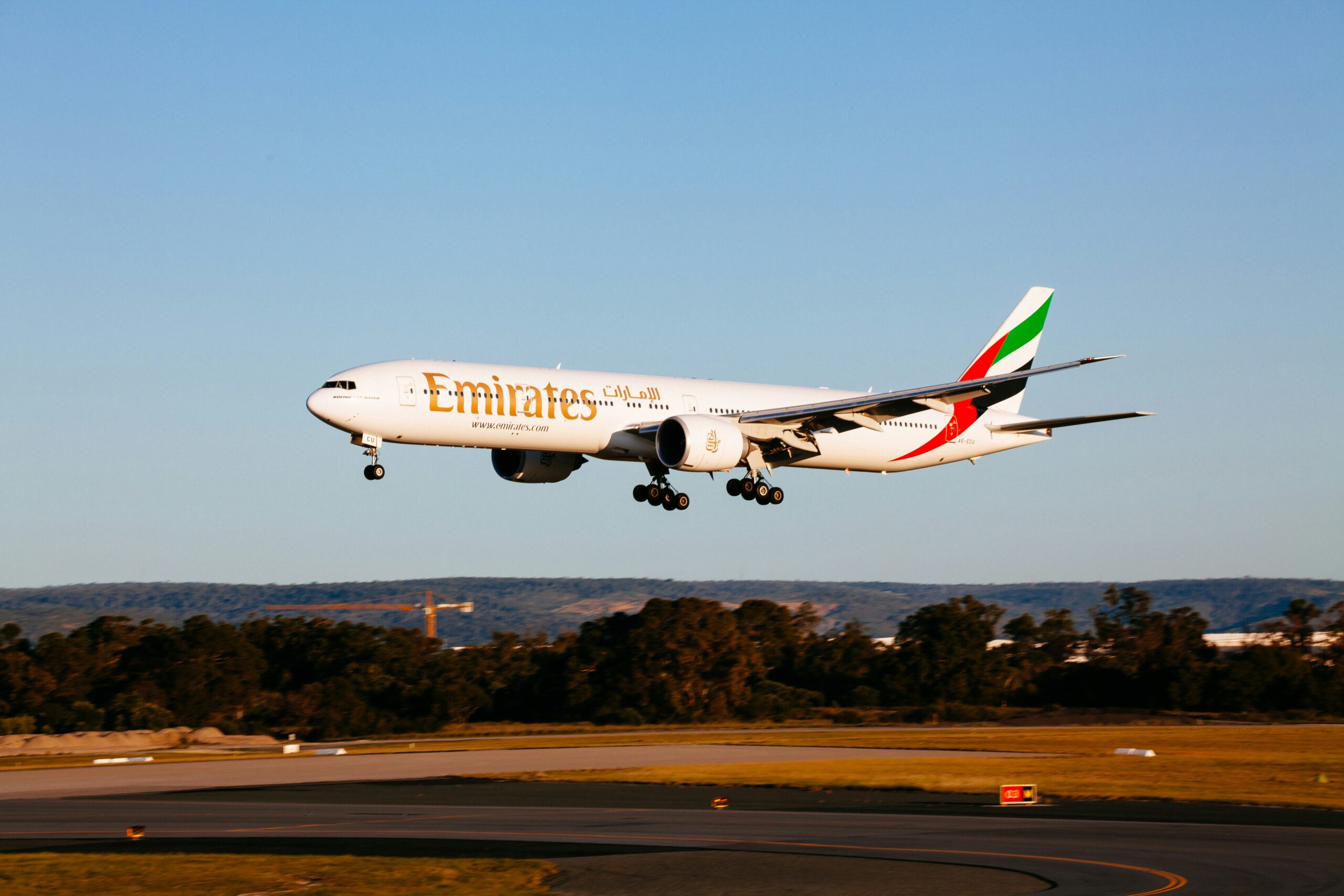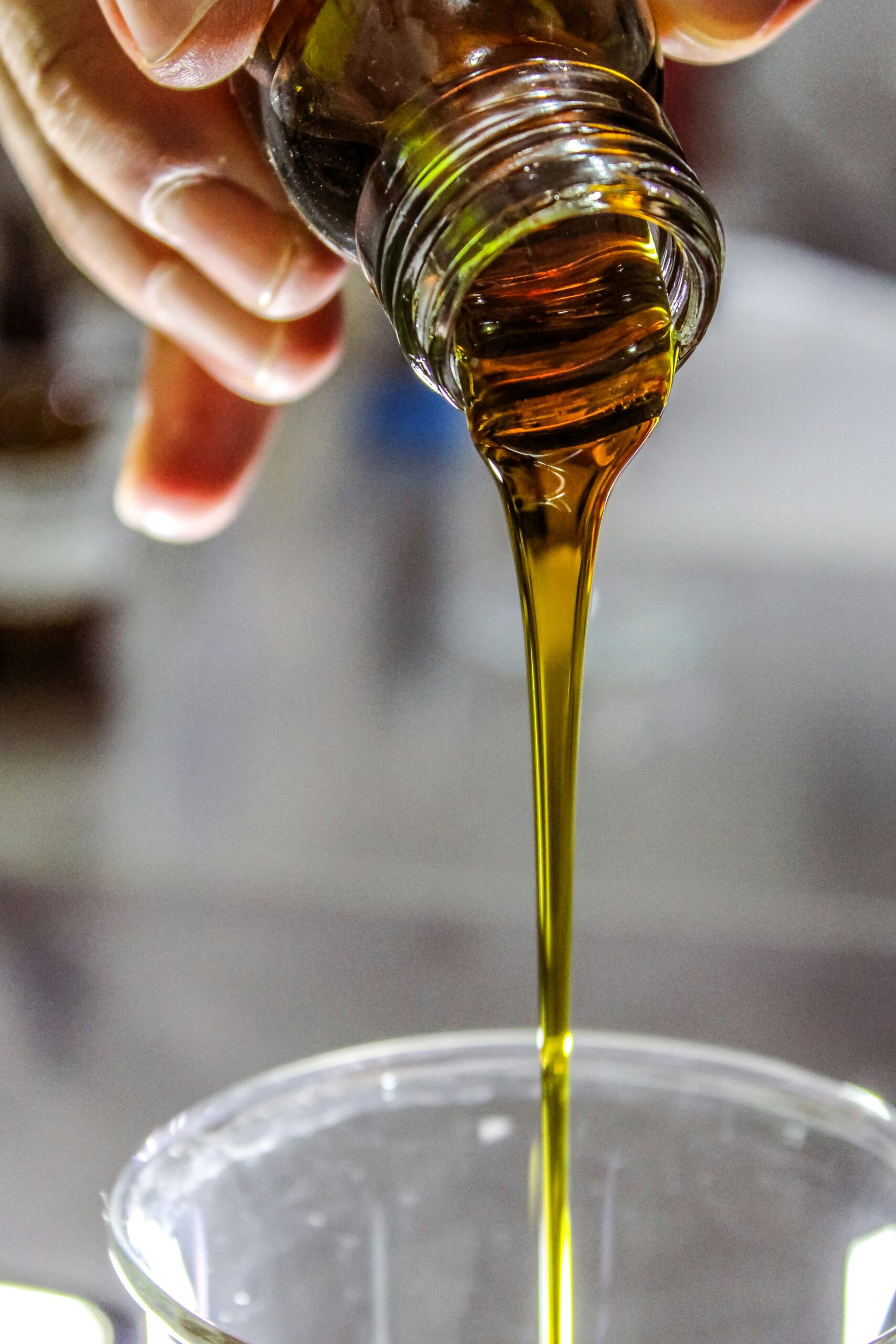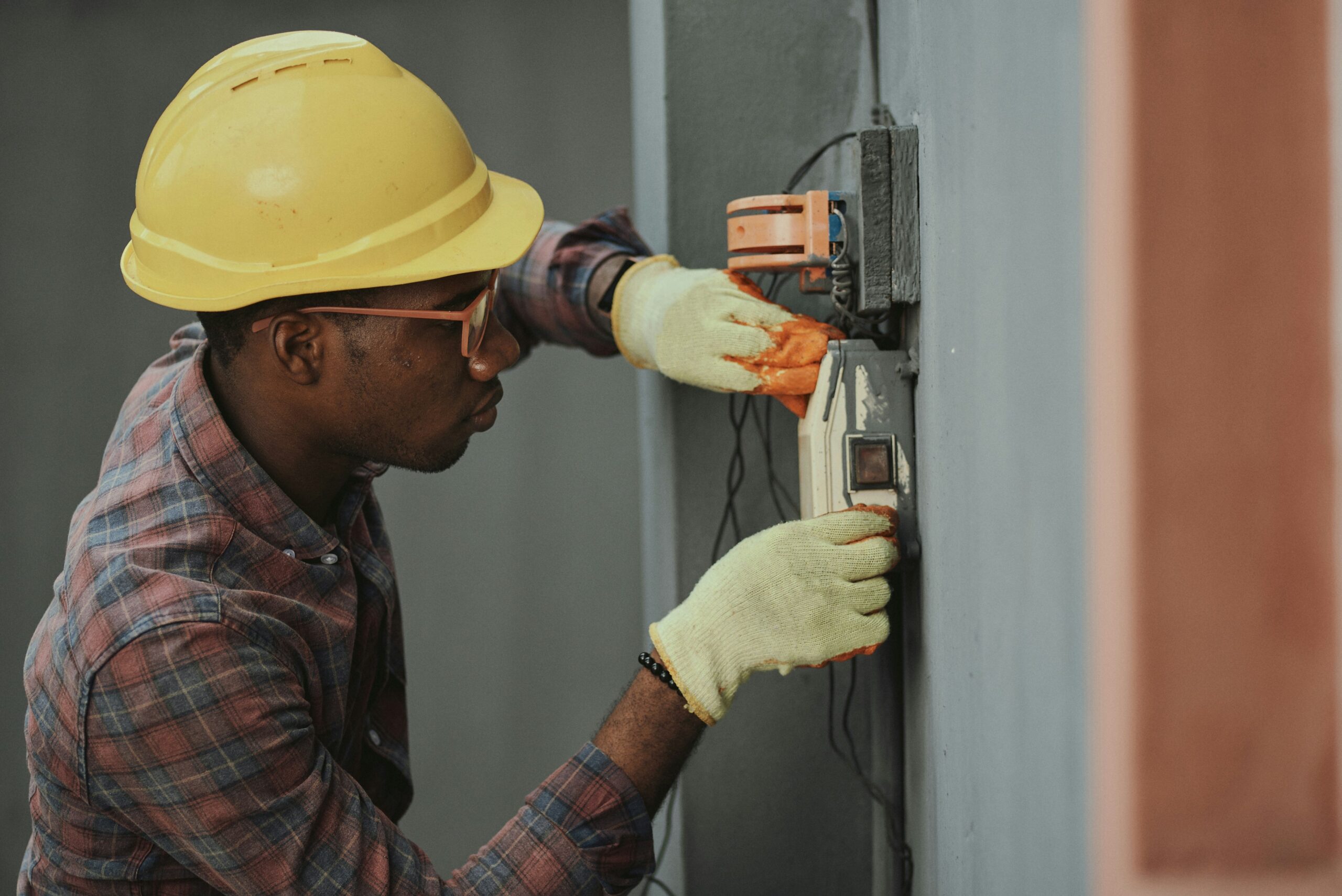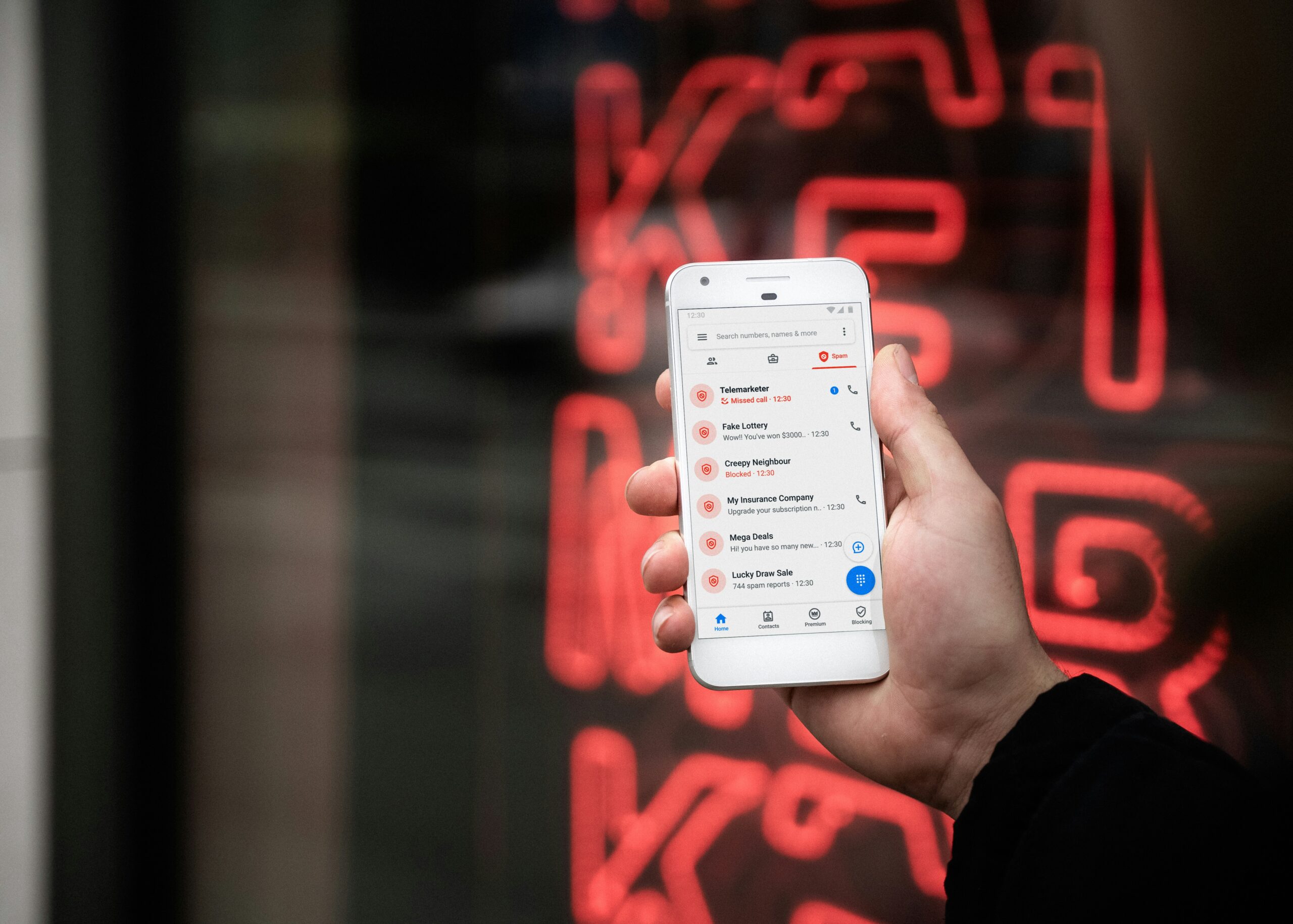Image credit: Unsplash
President-elect Donald Trump ran a significant portion of the successful presidential campaign on the back of promising to implement across-the-board tariffs on imports to the United States, with a particularly significant tax on goods coming from China. In theory, Trump touted this to convince companies to move production to the US rather than working internationally, striving to punish companies and generate American jobs. However, in execution, it’s proving a great deal more complicated than the President-elect seems to believe. Mere days after Trump’s reelection, one US company says it isn’t wasting time getting out of China, but they aren’t bringing their production to the US either.
Steve Madden is a shoe company worth more than $3 billion. It recently announced that, in response to Trump’s win and his proposed tariffs, it would rapidly halve its Chinese production. According to Steve Madden’s CEO Edward Rosenfeld, those plans have been in place for a long time in anticipation of a Trump victory.
Preparing for a Trump Presidency
“We have been planning for a potential scenario in which we would have to move goods out of China more quickly,” Rosenfeld told Wall Street analysts Thursday. “And so, as of yesterday morning, we are putting that plan into motion. And you should expect to see the percentage of goods we sourced from China to begin coming down more rapidly going forward.”
Like all footwear companies, Steve Madden’s CEO noted that the majority (about two-thirds) of its business relies on goods imported to the United States. Of those imports, 70% are from China, meaning that an overwhelming majority of the industry will be subjected to these high Trump tariffs.
Rosenfeld said the company has already been working for many years to establish a new network of factories that would allow it to continue to do business without paying the hefty China tariff that Trump has alleged could be upwards of 60%. Trump’s new tariff would be larger than the various tariffs on Chinese goods Trump imposed in his first term that ranged from 30% to 50%.
Trump’s Failure to Consider the Options
But while Trump and his supporters may initially think this is the exact kind of response they’re looking for, the result is that Steve Madden isn’t moving its production to the United States, but rather will be sourcing its goods from Cambodia, Vietnam, Mexico, Brazil, and other countries to avoid dealing with Trump’s tariff at all.
Rosenfeld said Thursday that the company will reduce the percentage of goods it sources from China to between 40% and 45% over the next year. “If we’re able to achieve that — and we think we have the plan to do it — a year from today, we would be looking at just over a quarter of our business that would be subject to potential tariffs on Chinese goods,” Rosenfeld said.
An Ungodly Hike in Prices
The National Retail Federation, in an analysis last week, found that the price of a $50 pair of sneakers would rise to $59 to $64 under Trump’s tariffs. These hikes have led many within the retail industry to cry foul, and publicly ask Trump to reconsider. Famously, even fellow American businessman Mark Cuban has been extremely outspoken against Trump’s proposed plans, as it could result in Americans paying as much as $24 billion more for apparel each year because of anticipated increased costs.
On Thursday’s call with Wall Street analysts, Loop Capital Markets’ Laura Champine asked Rosenfeld to forecast the financial pain the company will experience as it abandons China.
Rosenfeld said it’s too early to tell because tariffs will have a broad and, as of yet, unquantifiable impact on the globe. “I think it’s really difficult to quantify the potential impact here,” Rosenfeld said. “And especially if we are contemplating a new policy with significant tariffs on China, that’s going to have all sorts of wide-ranging implications, not only in the supply chain but the overall economy.”
